Ever noticed how working out can be something of an… aphrodisiac? One minute you barely have the will to put on your workout leggings, and 30 minutes later you’re empowered and ready to feel a little sexy. It’s not just your imagination—exercise can be a potent sex drive enhancer and a great trick for getting yourself in the mood.
Ladies, it’s not just woo-woo. The effects of fitness on sexual health, whether it’s a HIIT or Barre class (actually, especially a Barre class), are well-researched and documented. Some of the benefits? Regular exercise can boost your libido thanks to a killer combo of endorphins and increased blood flow. It can help you reach climax faster (and with more fireworks) by strengthening the pelvic floor muscles. Not to mention it can regulate your hormone levels, reduce stress, level up body confidence, and promote better sleep, which has a positive effect on sexual health.
Yet, the truth is so many of us know so little about our bodies. A paradigm made even more complicated by the fact that many of us don’t feel comfortable talking about our sexuality—or struggle to find the vocabulary to navigate the conversation.
It’s time we broke the stigma around sexual wellness—and Dr. Lyndsey Harper, founder of sexual health-tech company Rosy, is part of the movement making a meaningful change. An all-inclusive women’s health app developed by doctors and psychologists, Rosy is a platform for improving desire, building self-esteem, and enhancing overall sexual health and relationships with partners.
To help you begin your sexual wellness journey, we sat down with Dr. Lyndsey Harper in the Box, covering everything from sensuality and sense of self to erotica and libido killers. 🎥 Prefer to watch? Tune in to the 20-minute Mat Chat here.
About the expert: Dr. Lyndsey Harper is a Board Certified Ob/Gyn, Associate Professor of Ob/Gyn for Texas A&M COM, a Fellow of The American Congress of Obstetricians and Gynecologists, and a Fellow of the International Society for the Study of Women’s Sexual Health. She founded Rosy after noticing many of her patients struggled with sexual health concerns like low desire, sexual pain, trouble with orgasm, sexual shame, and trauma.
Women tend to think about sex drive as a nice-to-have, not a must-have. What’s your perspective?
Your sexual health has everything to do with these other aspects of health—and our health has everything to do with how we’re experiencing sexuality. Sexuality and sexual function can serve as a vital sign because it points to many different aspects of your life. If environmental health is suffering, your sexual health likely is as well. If physical health is in decline, then usually, so is sexual health.
When we think about our life and balance, we need to ask if we’re in touch with who we are as women and what we need. Sexual health and sex drive are a huge part of that. If it’s been brushed aside, you can usually infer you’re brushing other parts of yourself aside as well.
How do you think sexuality ties to our sense of self?
Many of us have taken the sexual part of ourselves and put it off in a little closet, never to be heard or seen again. And I think that’s a mistake. Because then, we feel disintegrated as a whole person. We feel like part of us is missing.
This starts foundationally. We’re not taught how our bodies work and how we experience pleasure. We’re taught through our culture or religion to shut down thoughts of sexuality. Then we’re left to figure all this stuff out.
I think sexuality is much more celebrated amongst men—but for women, it’s a completely different experience. When we give a voice to those differences and start to learn about how our bodies experience pleasure, we can start to explore what that might mean to us.
That can be done in lots of different ways: through education, self-work, or conversations with friends. The more we talk about it, the more we can start to explore and learn how we like to experience pleasure. And then we can share that with partners and healthcare providers as well. A lot of times, it involves removing the shame many of us were brought up with.
Can fitness help women improve sex drive and sexuality?
Fitness, movement, and sexuality are all tied together. They all require we be present in our bodies at the time of the action. We spend so much of our day distancing ourselves from our bodies—not obeying our bodily and sexual needs. Women are taught many times to shut down sexual urges and needs and just place them to the side. But it’s important to listen to and cultivate them. One cool thing we know is that physical, vigorous activity itself is related to more desire and more arousal.
So when we take a HIIT class, what happens?
During that HIIT class, your brain is releasing neurotransmitters and your body is increasing its blood flow throughout your whole body, including to your vagina and your vulva. That increases responsiveness to sexual touch and sexual experience generally. The body is primed, if you will, for sex.
Is there a connection between the way we see our bodies, our sexuality, and our sensuality?
Anytime there’s something in your brain blocking the full presence of yourself in your body, that’s going to get in the way of a sexual experience. One of the most common blockers is a negative, self-image or body image.
That can look like constantly scanning how your body is being interpreted by your partner, how your sexual performance seems, or whether you’re doing a good enough job conveying pleasure. It’s this constant self-narrative that distances us from actually having a full experience in our body. It’s a problem for so many people of all genders, but women specifically because we have been told we need to live up to one unattainable perfect standard. Whenever those intrusive thoughts come into the bedroom, they prevent us from enjoying and experiencing ourselves and our partners.
How can women quiet self-talk to improve their sex drive?
Negative self-talk has a lot to do with negative automatic thoughts. We’re not having them consciously, it just happens automatically. Our brain has created this pattern where that’s what we think about when we see ourselves in the mirror, present ourselves to a partner, or think about experiencing pleasure.
We have to start with retraining ourselves and finding a new pathway for those thoughts. The first step is noticing that we’re doing it because sometimes it happens completely subconsciously. You look in a mirror, and the first thing you think is something negative rather than something positive. Start to notice how often you’re having these negative thoughts and how often they’re automatic.
After recognition, the second step is identifying something you can do to stop or replace that thought. Stopping that thought might result in neutrality, but replacing it with something positive can move you toward body positivity. You are on this continuum throughout life, and you may be better at it at certain times than others.
It’s worth the work because it allows you to have a more positive relationship with yourself, sexuality, and movement. Think about how you would talk to your younger self. Would you say those rude things to children or your very best friend? None of us would! So we should reframe and think of ourselves as a precious, special person on the planet with so much to give.
That’s how we need to talk to ourselves in all situations, including when it comes to sexual circumstances. We do a lot of cognitive-based therapy exercises on the Rosy platform because it helps with body image work as well as desire and relationship work.
How else do you help women achieve health holistically?
We look at women holistically in terms of physical health—what’s going on with your body physically and what’s going on in your brain. Obviously, those two things can never be separated.
We also look at what happens in your social context. Are you taking care of aging parents or young children? Are you in a relationship or are you single? There’s so much context to how we experience health that goes into every single plan we build on the platform. Once we’re in the middle of that, we create an entire wellness plan for someone, including cognitive-behavioral therapy-based exercises—based on different aspects of health they may want to address. We have a library of erotica on the platform, a community, and health coaching to try to bring that whole-person experience to each one of our members.
Why can erotica help so many women with their sex drive?
I’m a doctor, so I didn’t plan to start an erotica company. But here we are! The reason erotica exists on Rosy is because we know that it’s an evidence-based tool that helps women who are working on their sexual health.
Many women think they have low sex drive. They think, “I could not be less interested in sex. I’ve got all these responsibilities, sex is just another chore on the list.” But they come to find out they do have responsive desire. If you have good vacation sex, then it’s likely you have responsive desire, because you take away the stressors of everyday life and realize, “Oh, I love this.”
If that sounds like you, then you may want to consider erotica. Erotica works to get our brains thinking about sex, which then gets our bodies thinking about sex. Fun tidbit—women experience erections, just like men do, in the vulva, because our clitoris is made of the same tissue the penis is made of.
When our brains or bodies get thinking about sex, the blood rushes to our genitals. You might feel that pulsing throbbing in the pelvis. That’s responsive desire! As we get older, we need tools to feel that. If your goal is to increase your sexual desire because you want to have a more full sex life with your partner, then you can use erotica as a prescription that has no side effects.
What are some tactics women can use to improve their sex drive?
Exercise is a really good tool that works well. There are also sex toys—more than 50% of women own a vibrator—which kick off that same responsive desire pathway. We want to remove the shame and isolation that using a vibrator may mean something about a partner’s ability. That’s just not true.
Another idea that exists in our society is that women have orgasms through penetrative sex. However, 86% of women require clitoral stimulation to have an orgasm. Emphasizing that in sexual experiences, either with the use of a sex toy or by changing up the sexual script (what we talk about), can help women feel more involved in the sexual experience.
There’s also a great resource called OMGyes.com. It’s a website that we’re big fans of! From a science-based perspective, they’ve studied the way 20,000 women experience orgasm and categorized them so that other women can see what they identify with. This is a great way to explain it to a partner—or to try to experience pleasure in a new and different way.
What are the top libido killers for women?
The number one libido killer for people across the world is stress. Unfortunately, we live in a very stressful world. We allow more and more stress to come into our daily lives. It’s really about refocusing and reframing because we know that stress is bad for our health. It’s also bad for our sexual health!
When you start to learn about the science of sex, context is also a huge part of it. One of my favorite books—called Come As You Are by Emily Nagoski—highlights a mice sex study. The mice who had their first sexual experience when they had a lemony scent in the air always wanted to have another sexual experience when they smelled lemons moving forward.
There are so many ways our brain makes these pathways. Some of these can be positive associations, and others can be very negative. For example, if there’s a bad smell, or if there’s a situation in which you’re not feeling safe, or if your kid is crying down the hall, it’s a no-go—even if other people may feel sexual in the same situation. And that’s okay.
Many times a libido killer is one thing for one partner and something else for the other. Allowing some flexibility around these thought patterns is helpful because we never want to become rigid. For example, we might internalize something our partners say that actually has nothing to do with us. We think that partners—particularly if they’re male partners—may be a little tougher. They’re not! They are just as sensitive about receiving negative feedback about sex, their bodies, or their performance as we are. The more we can have very specific and open conversations, the better.
Just for the obé fam: Want to try Rosy? Use the code OBEXROSY for a free 1-month silver membership, only for new Rosy subscribers.






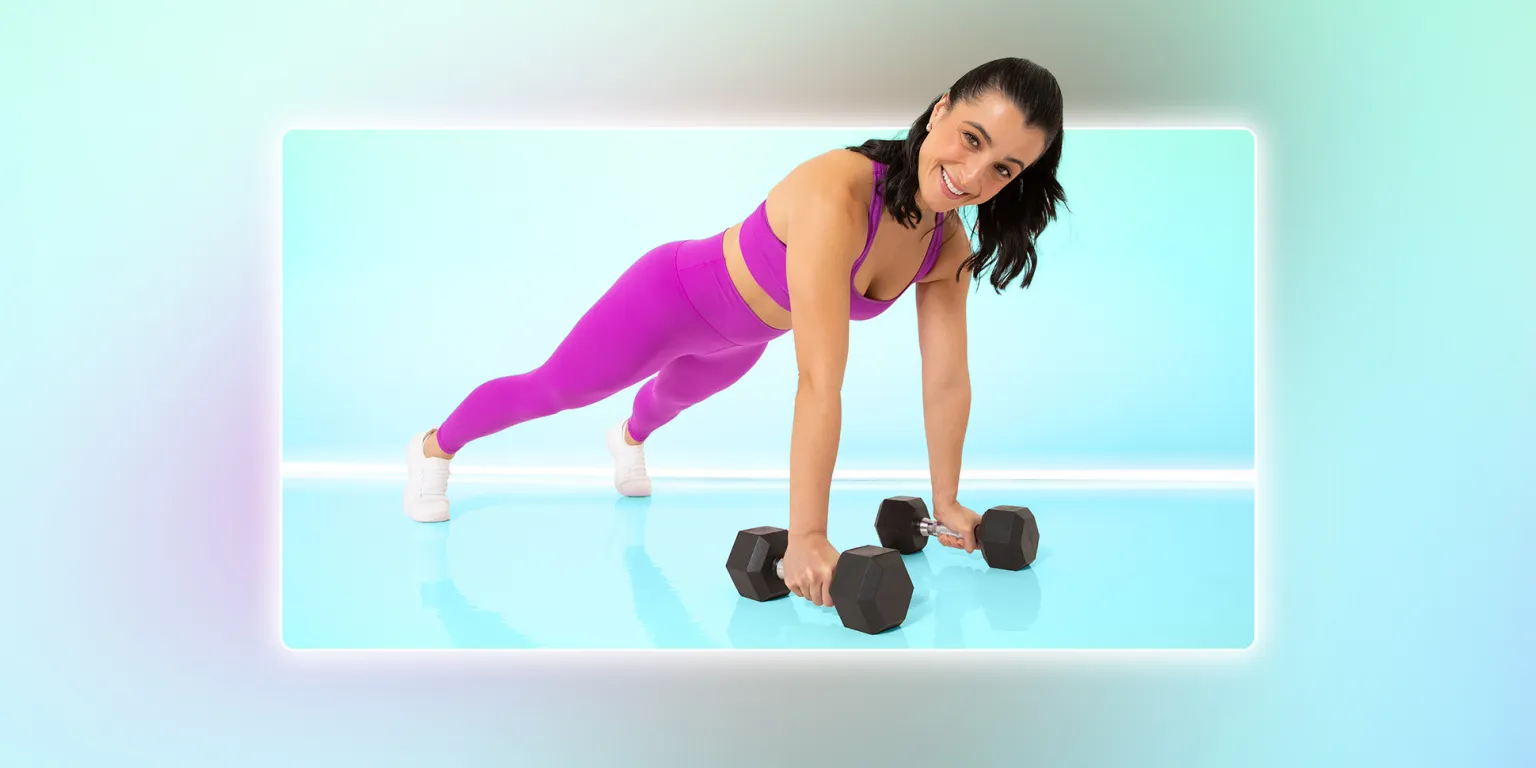


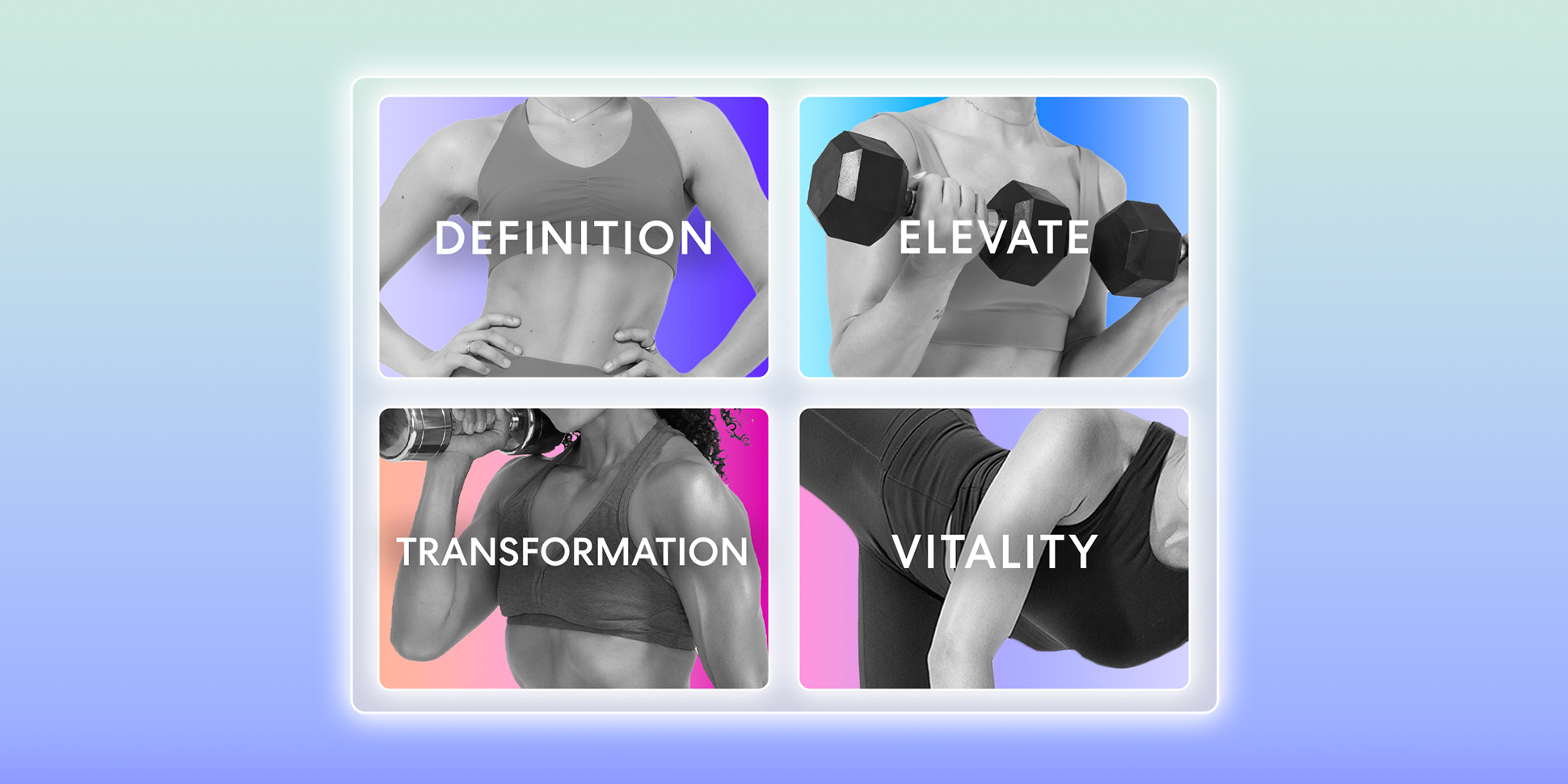
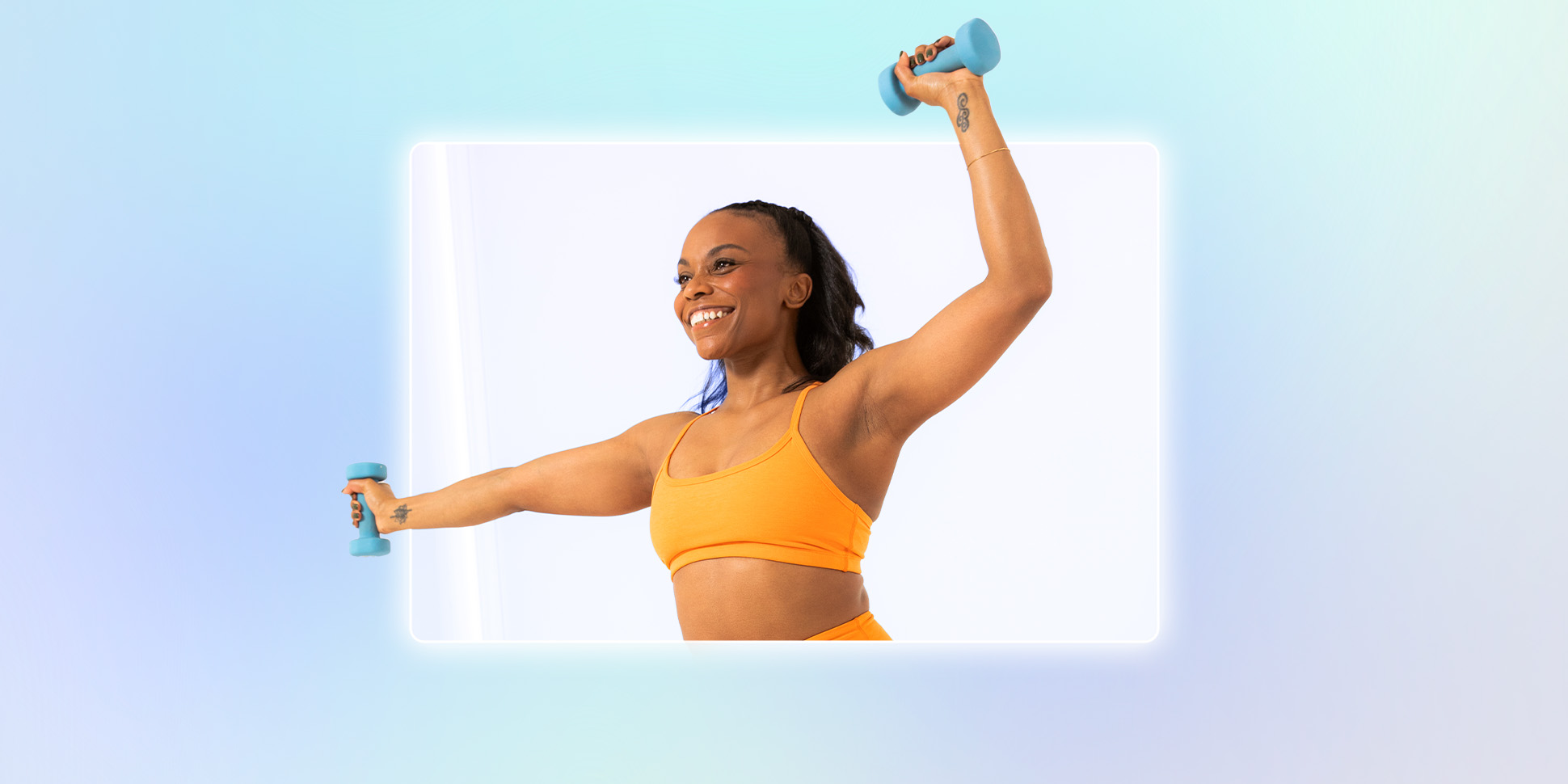


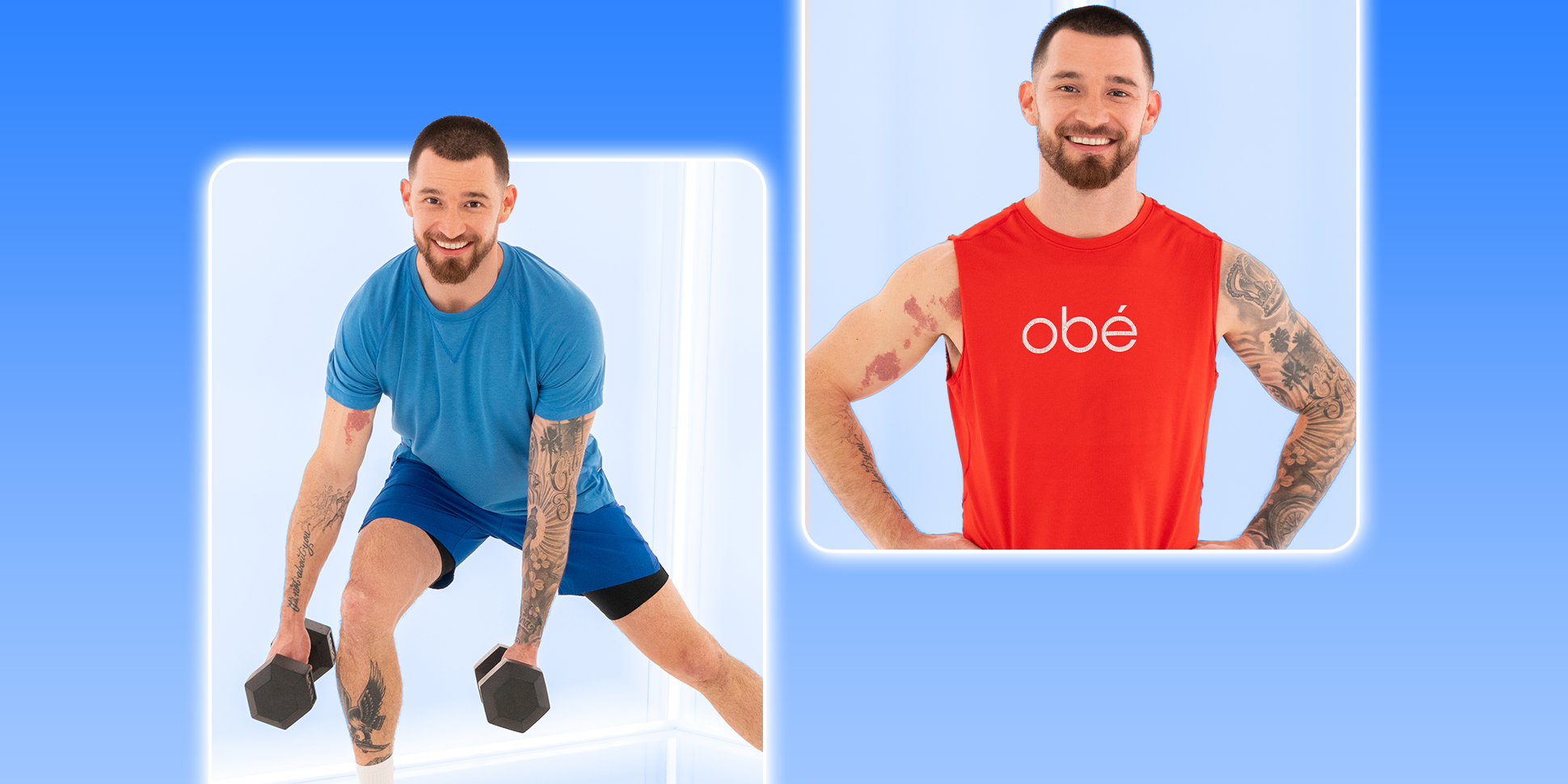
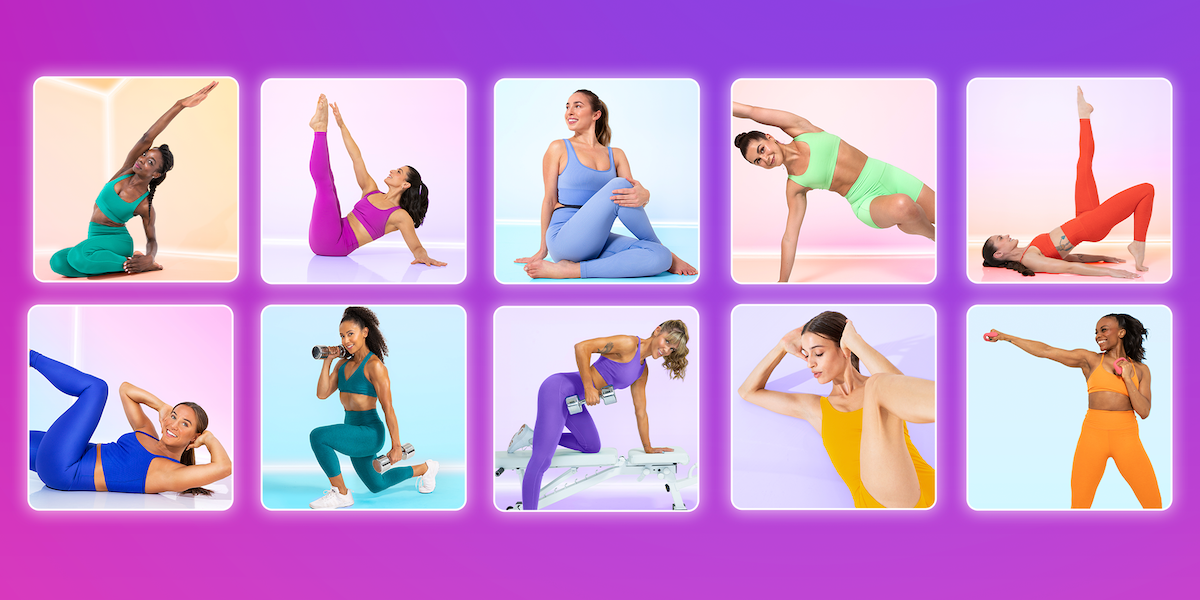




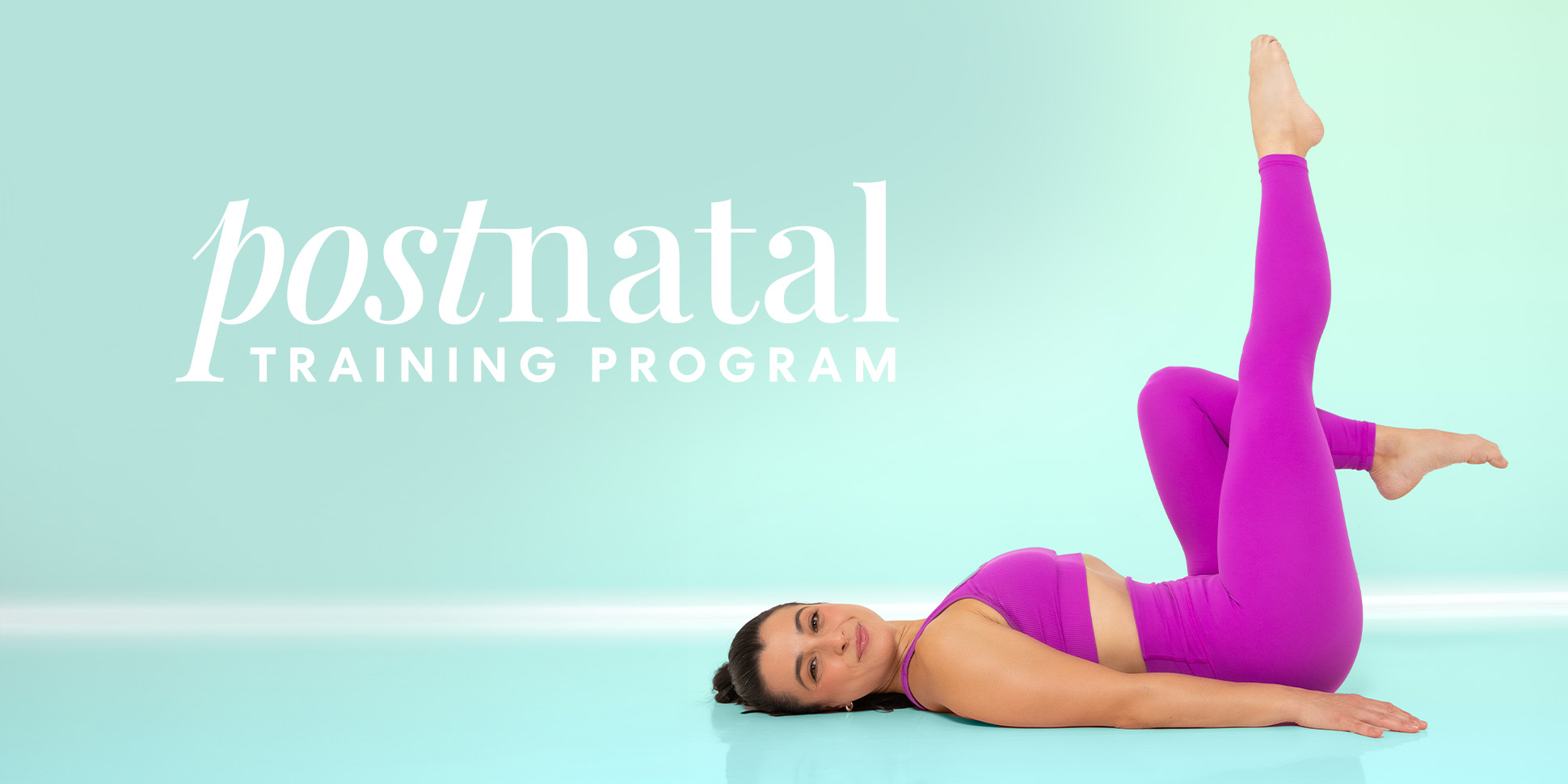
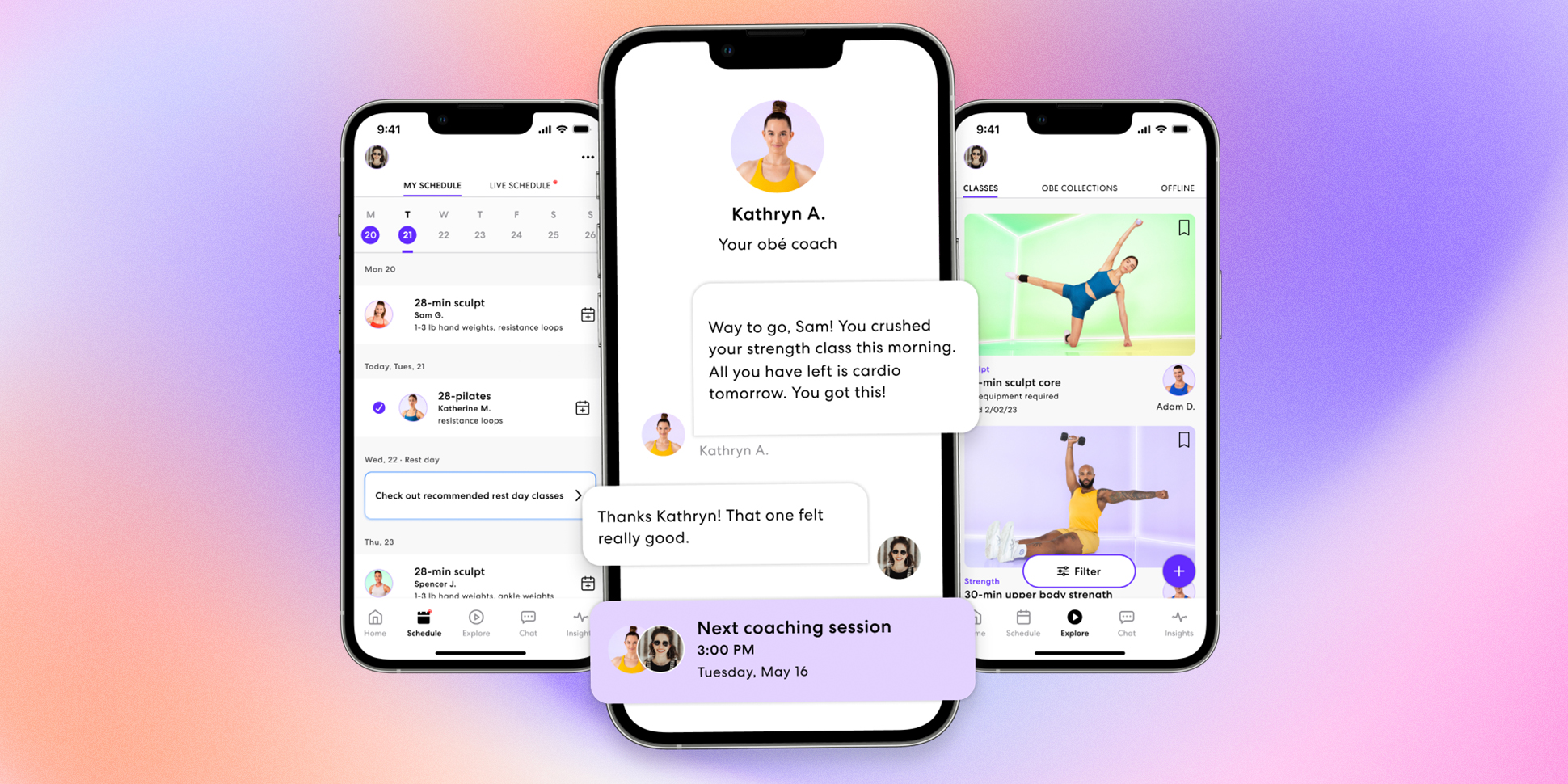

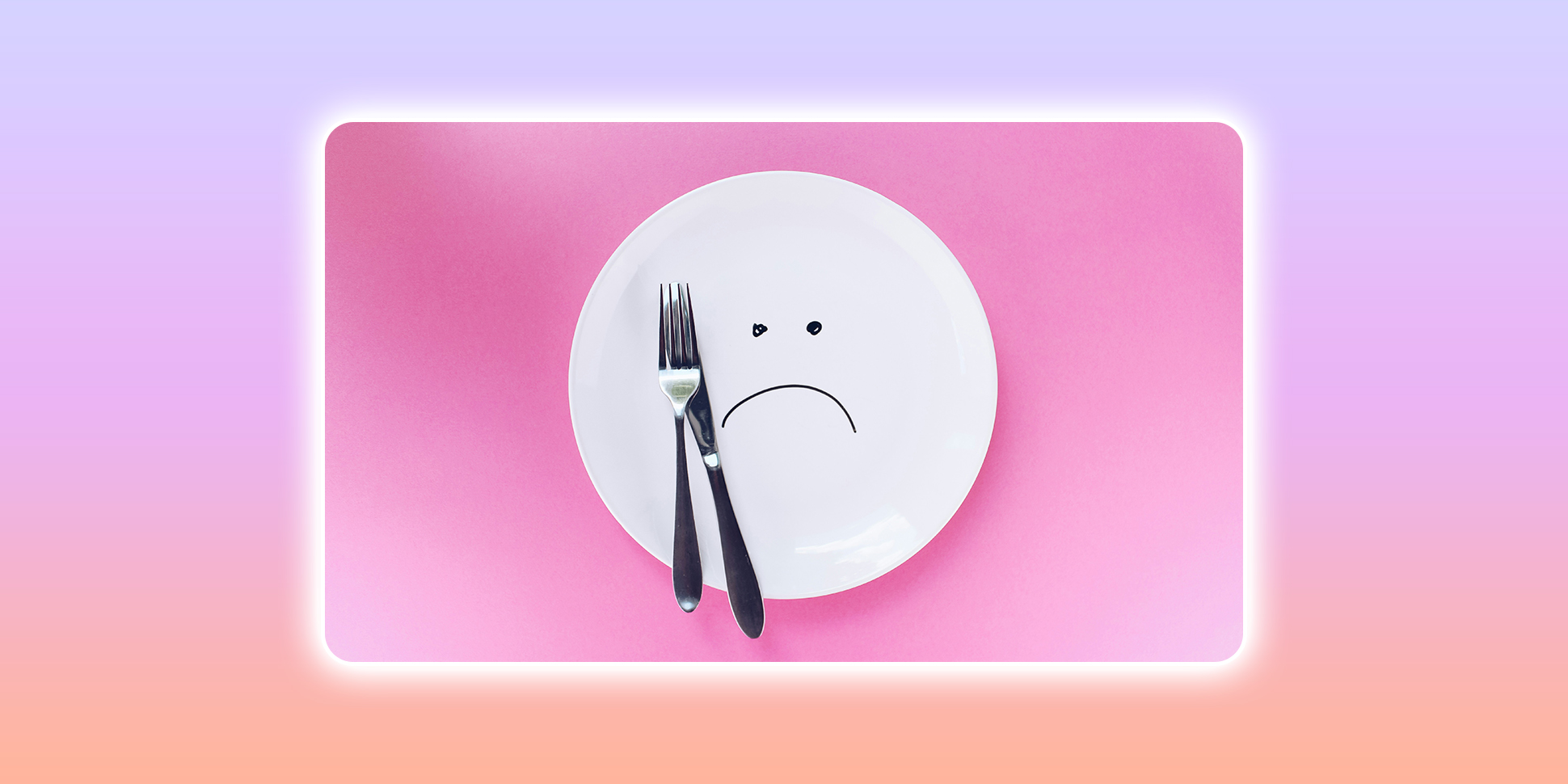






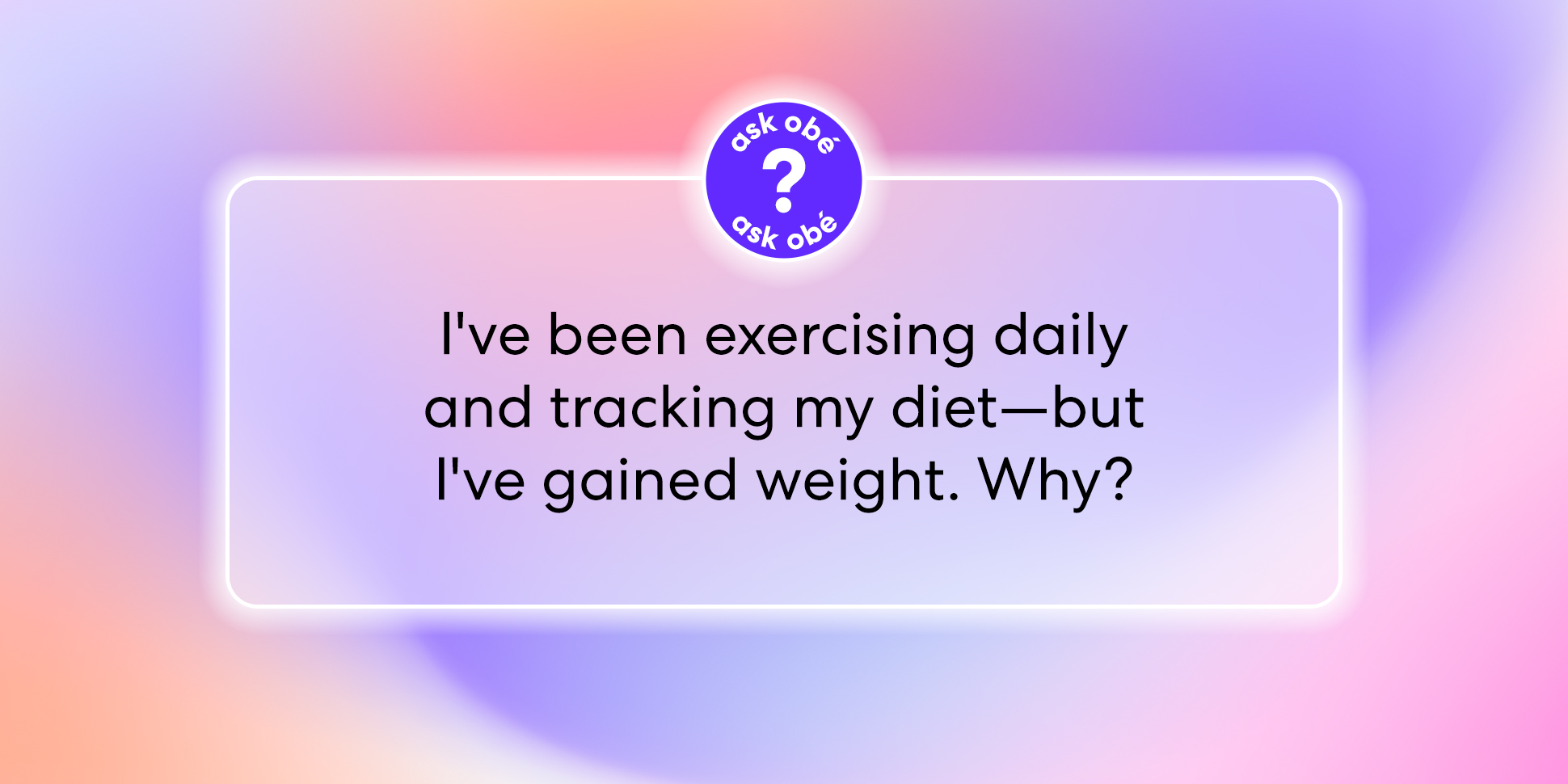
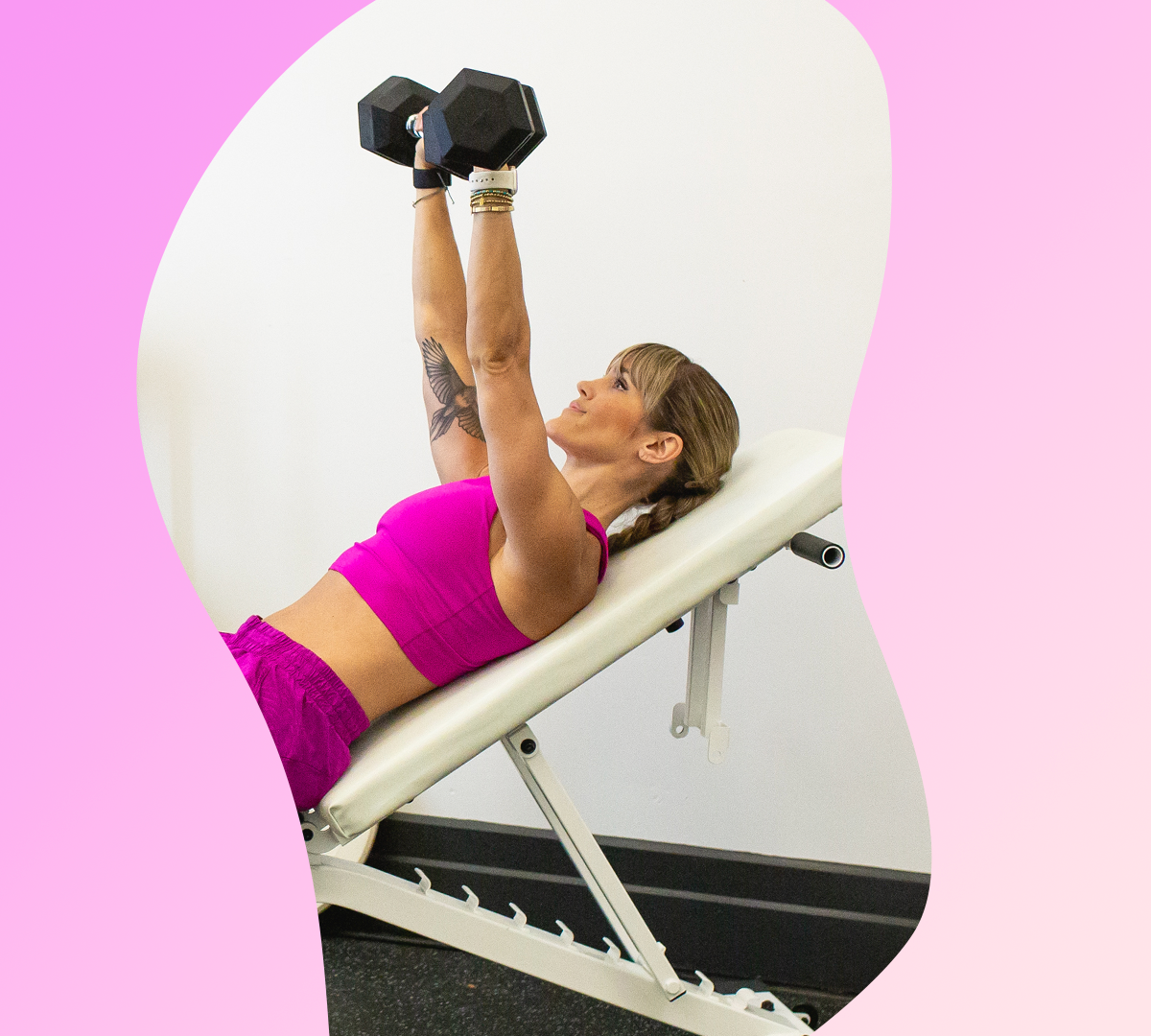
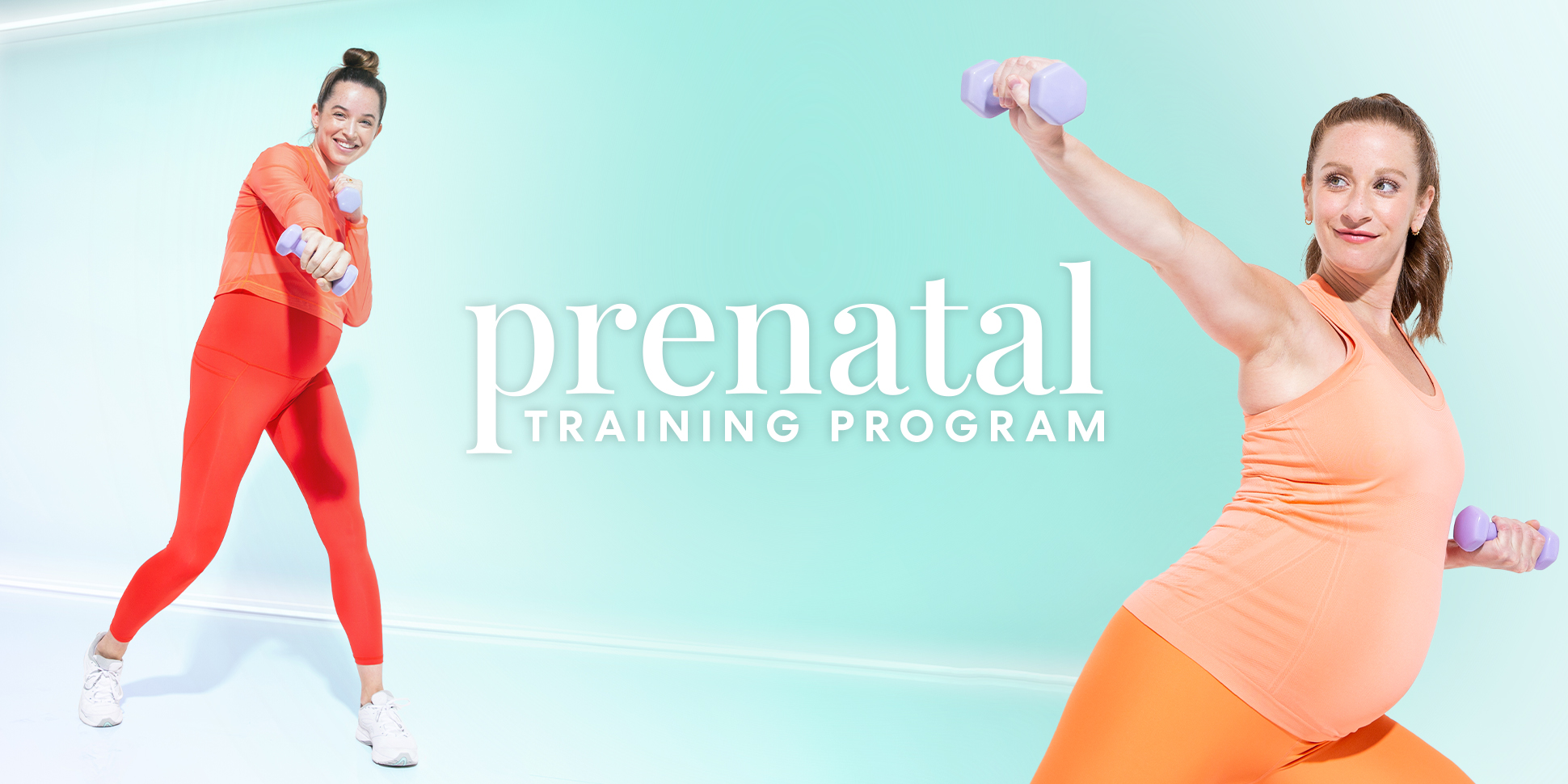



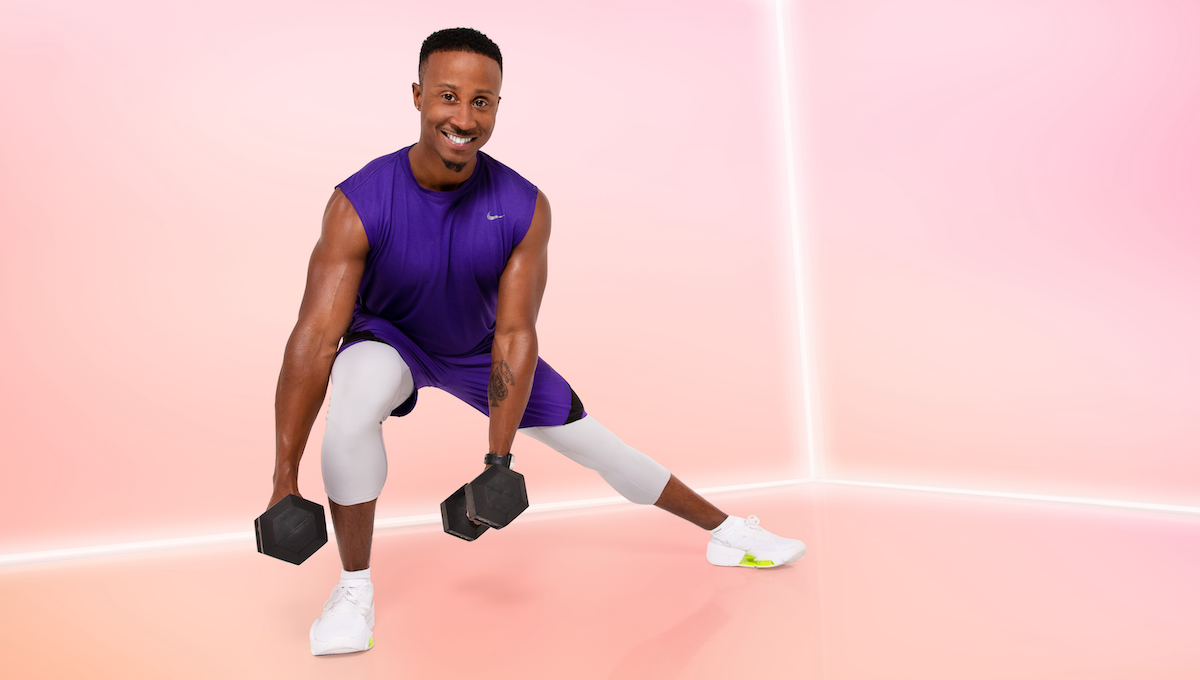
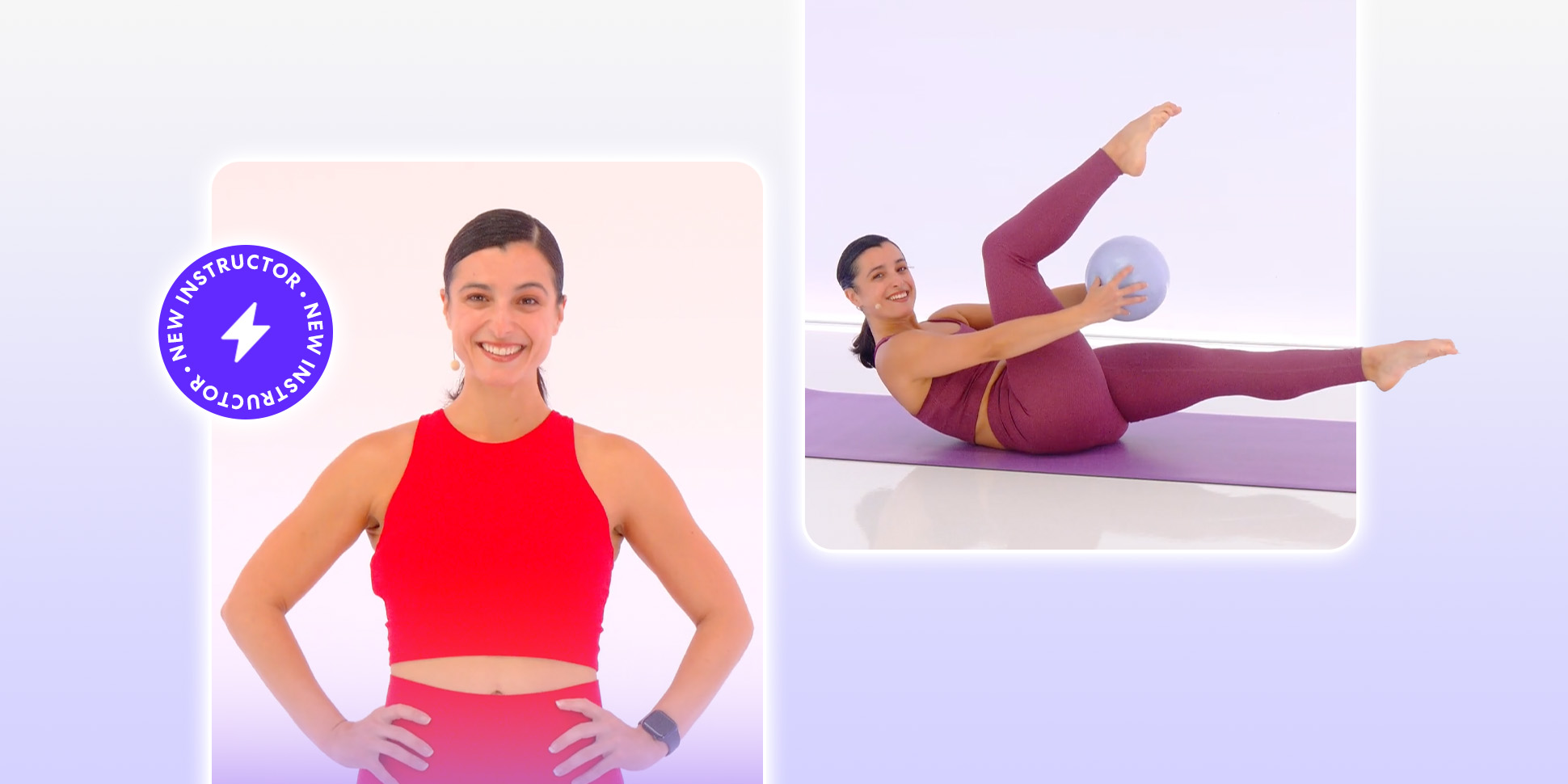







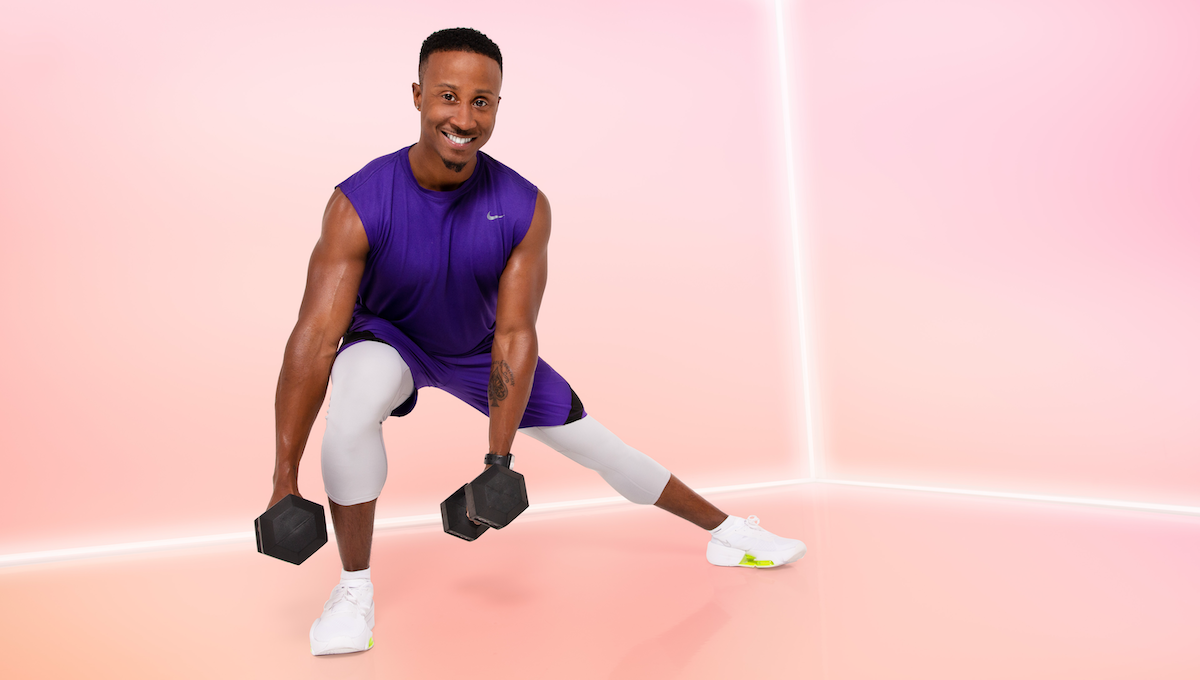


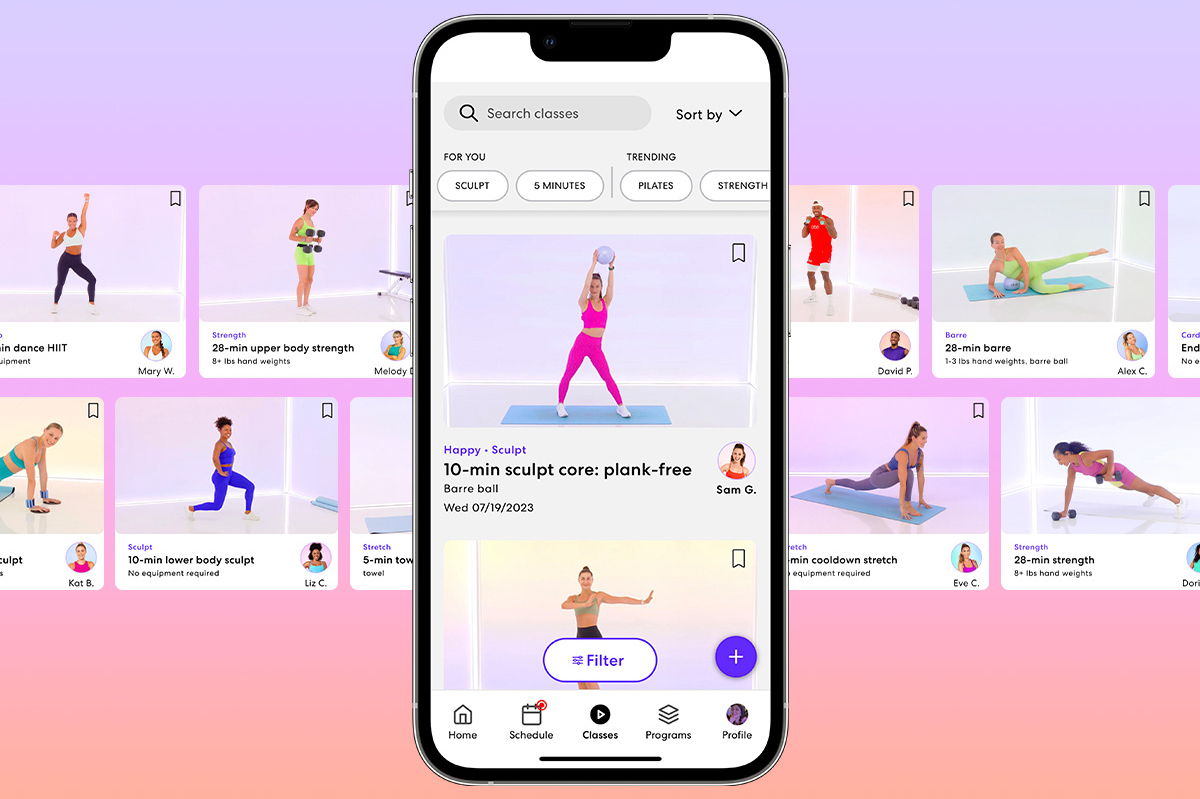

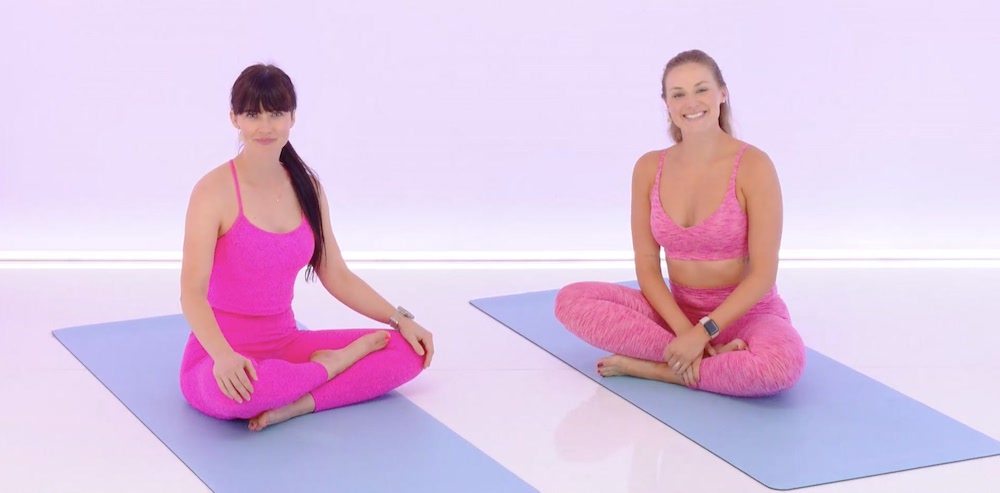


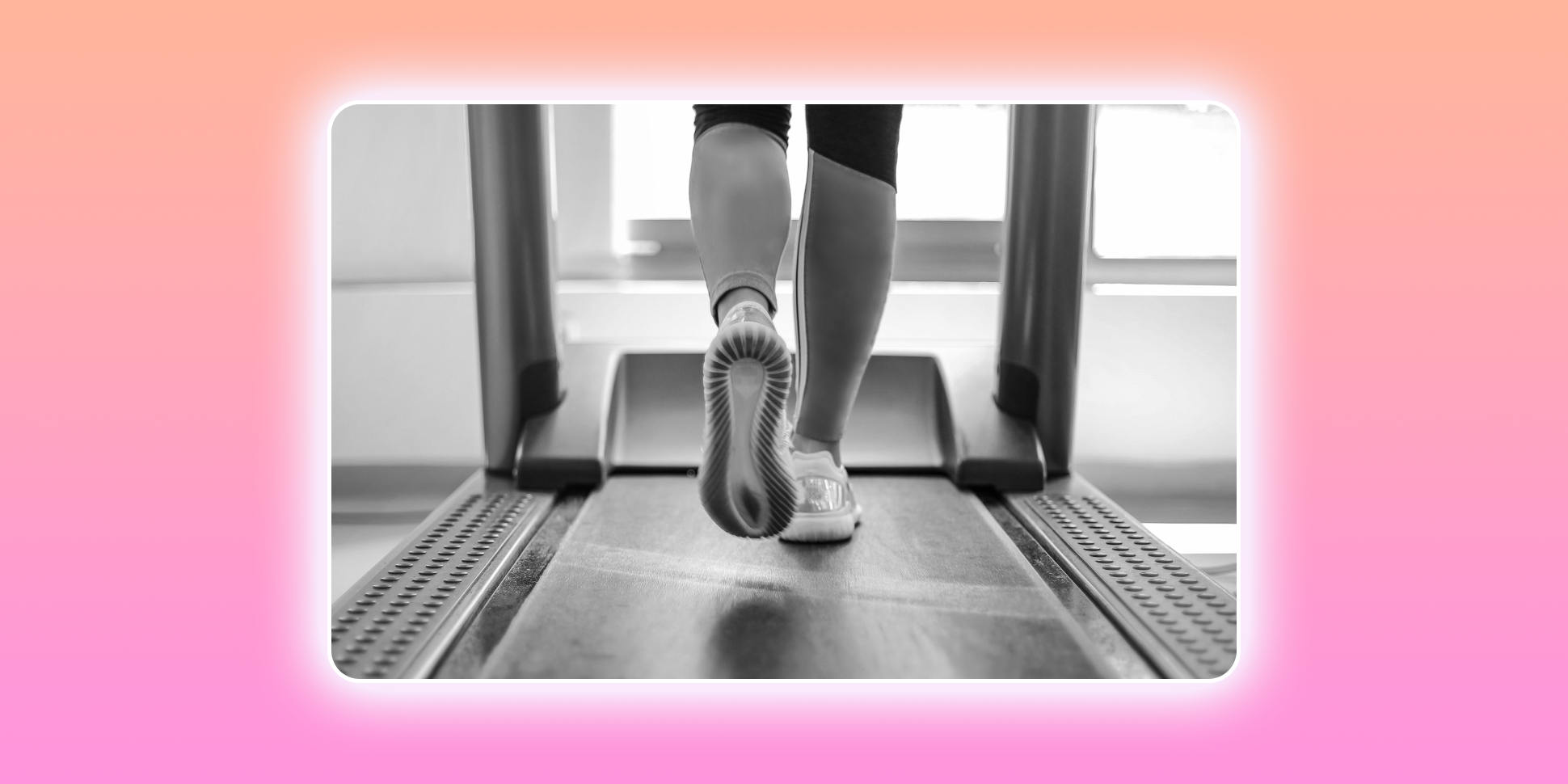


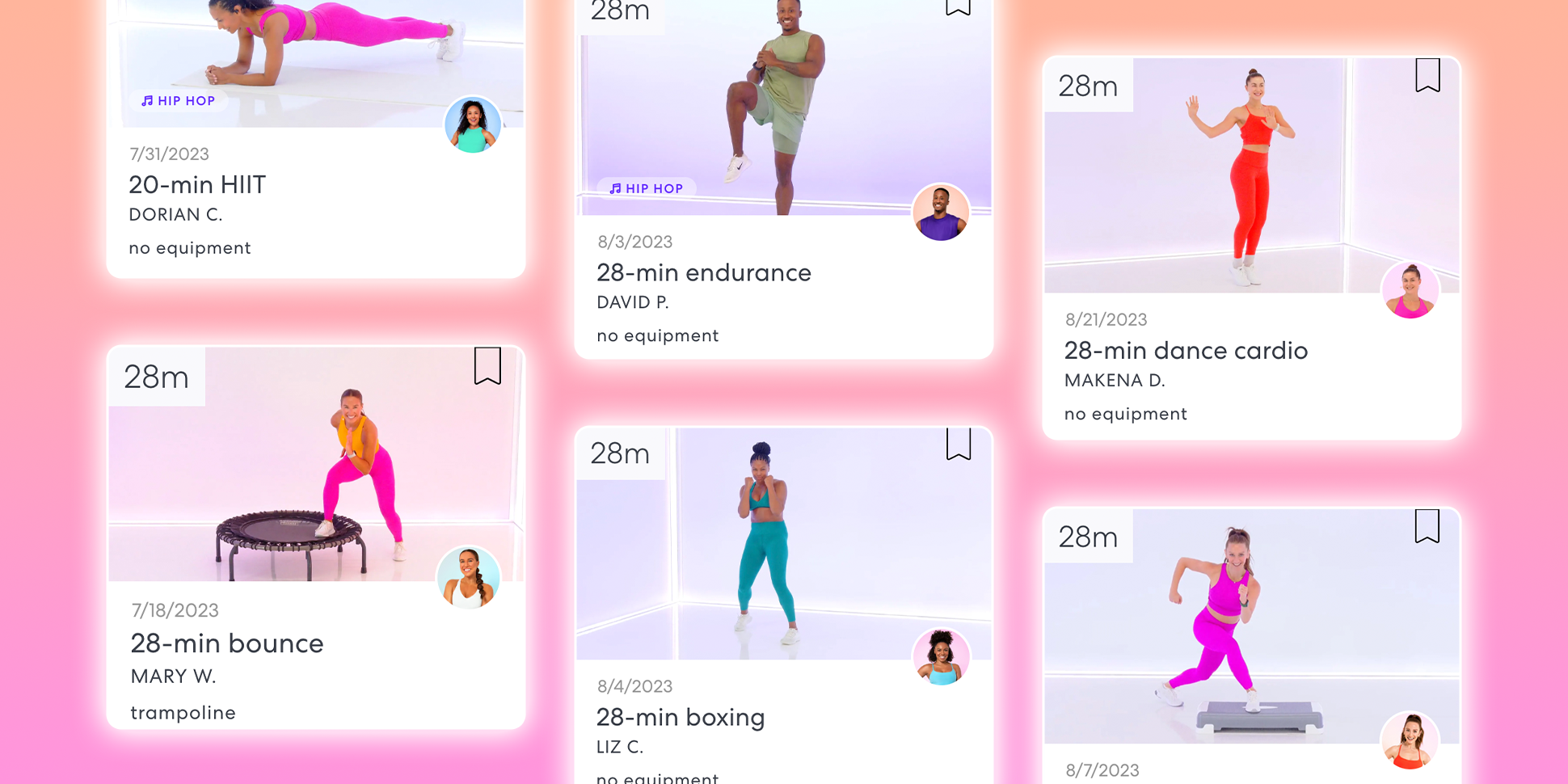

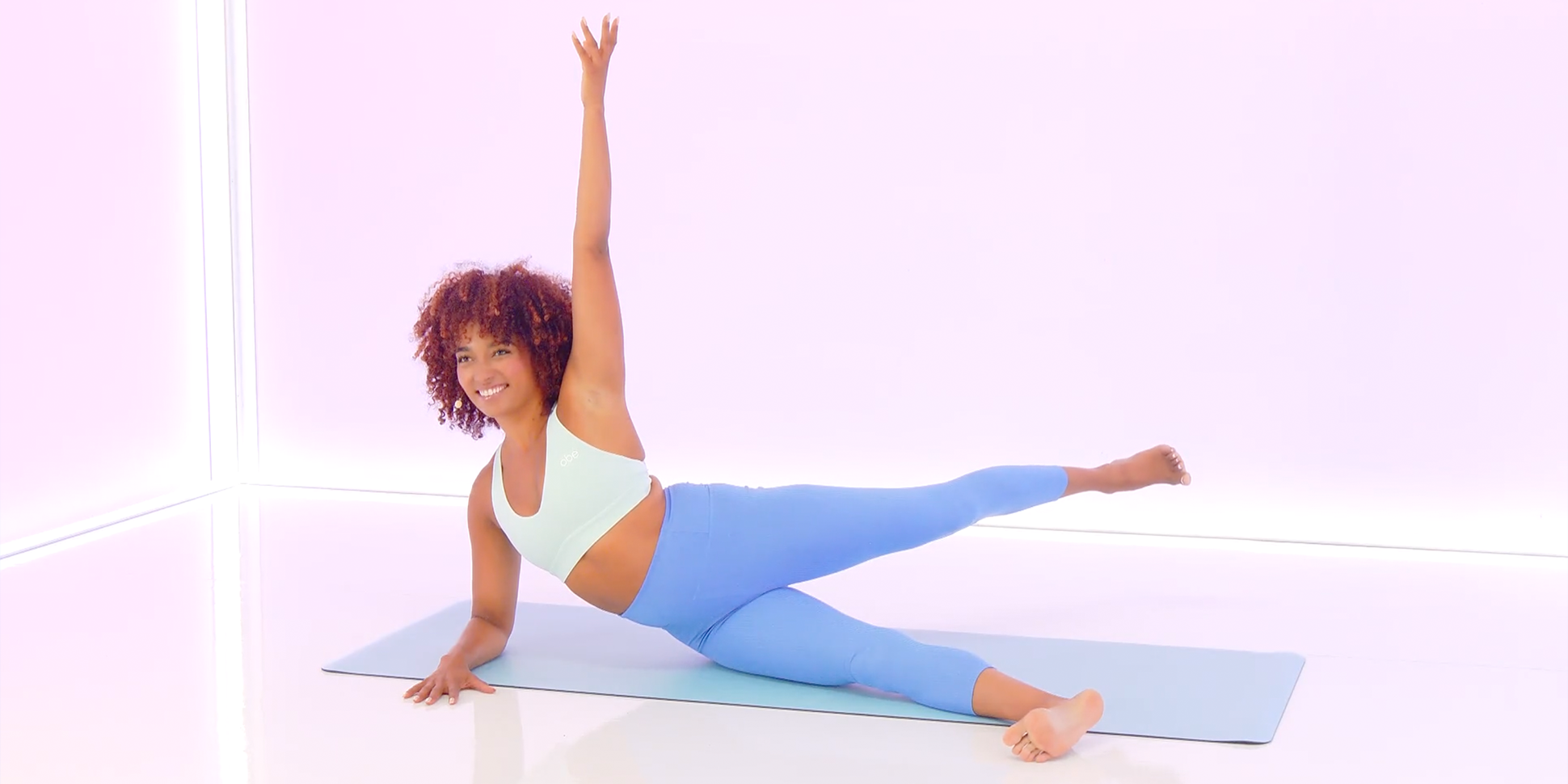
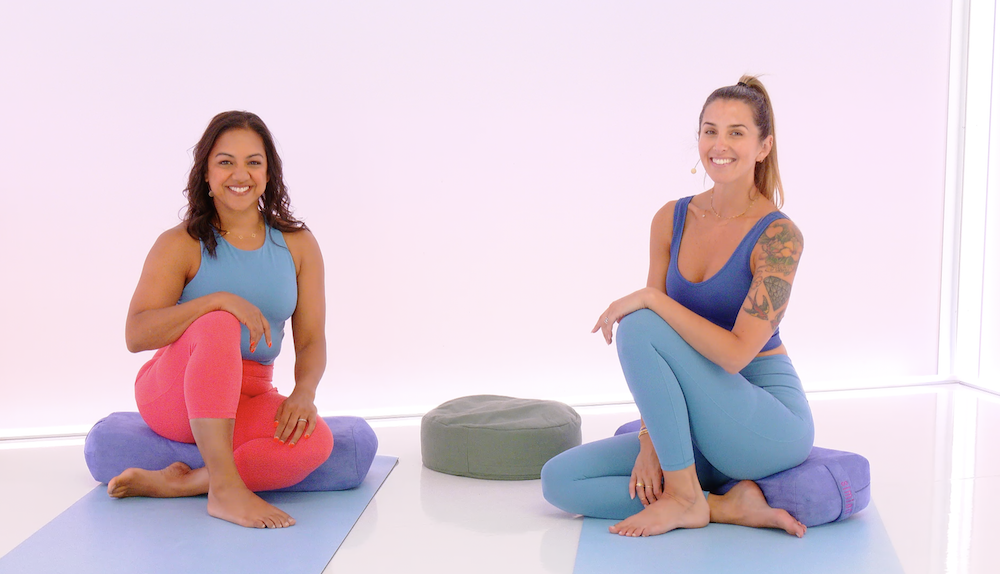


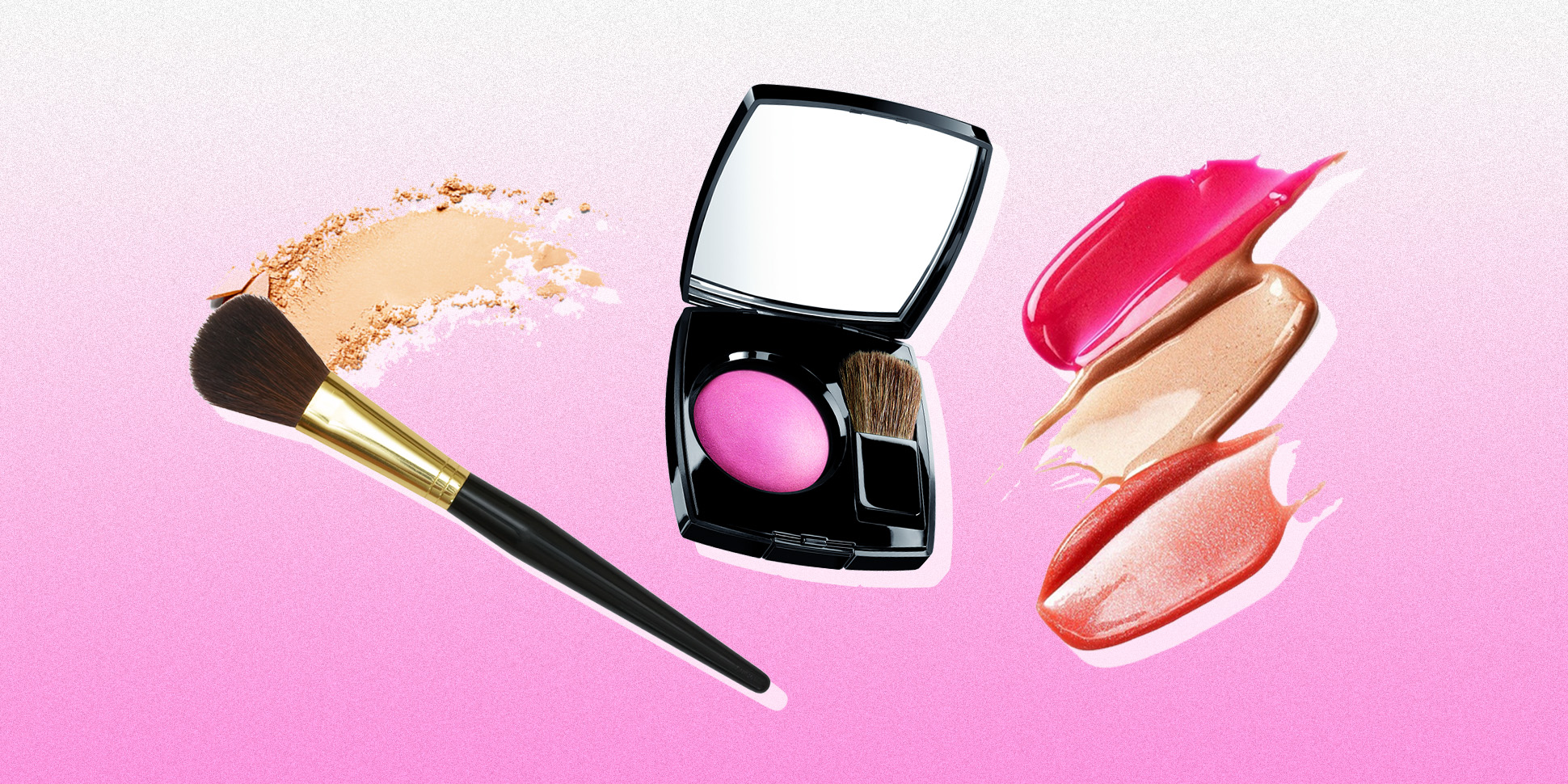
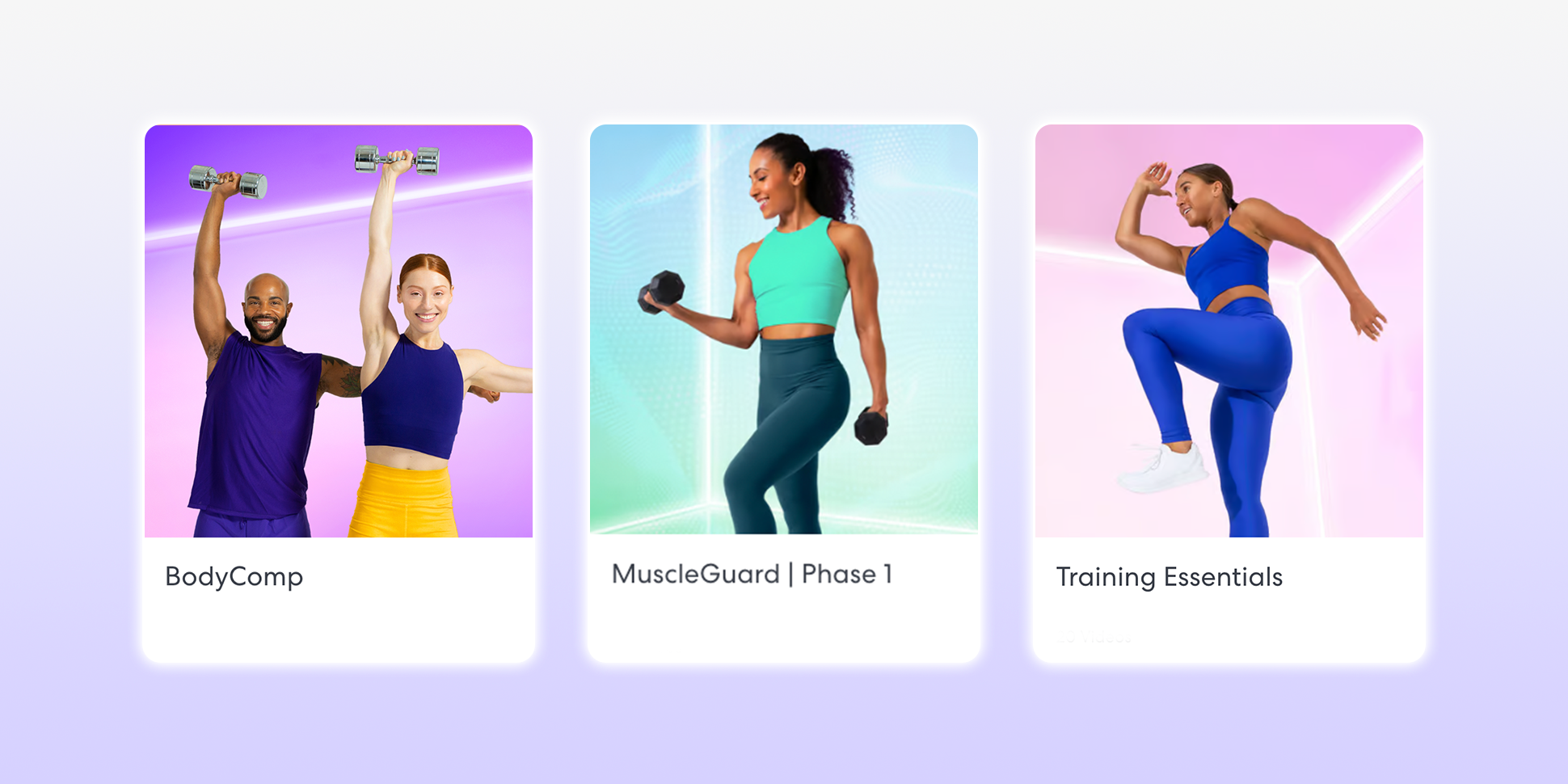

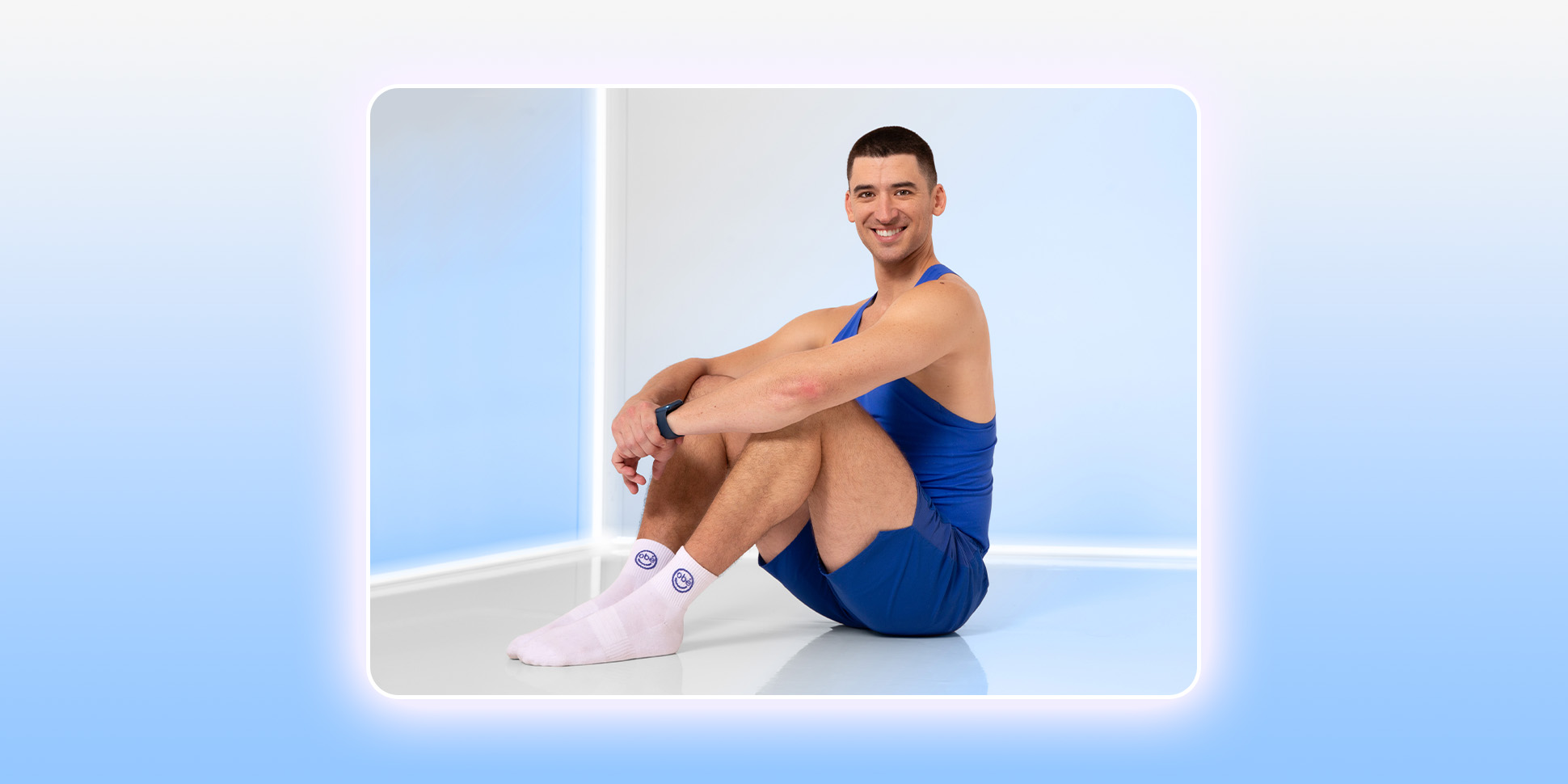



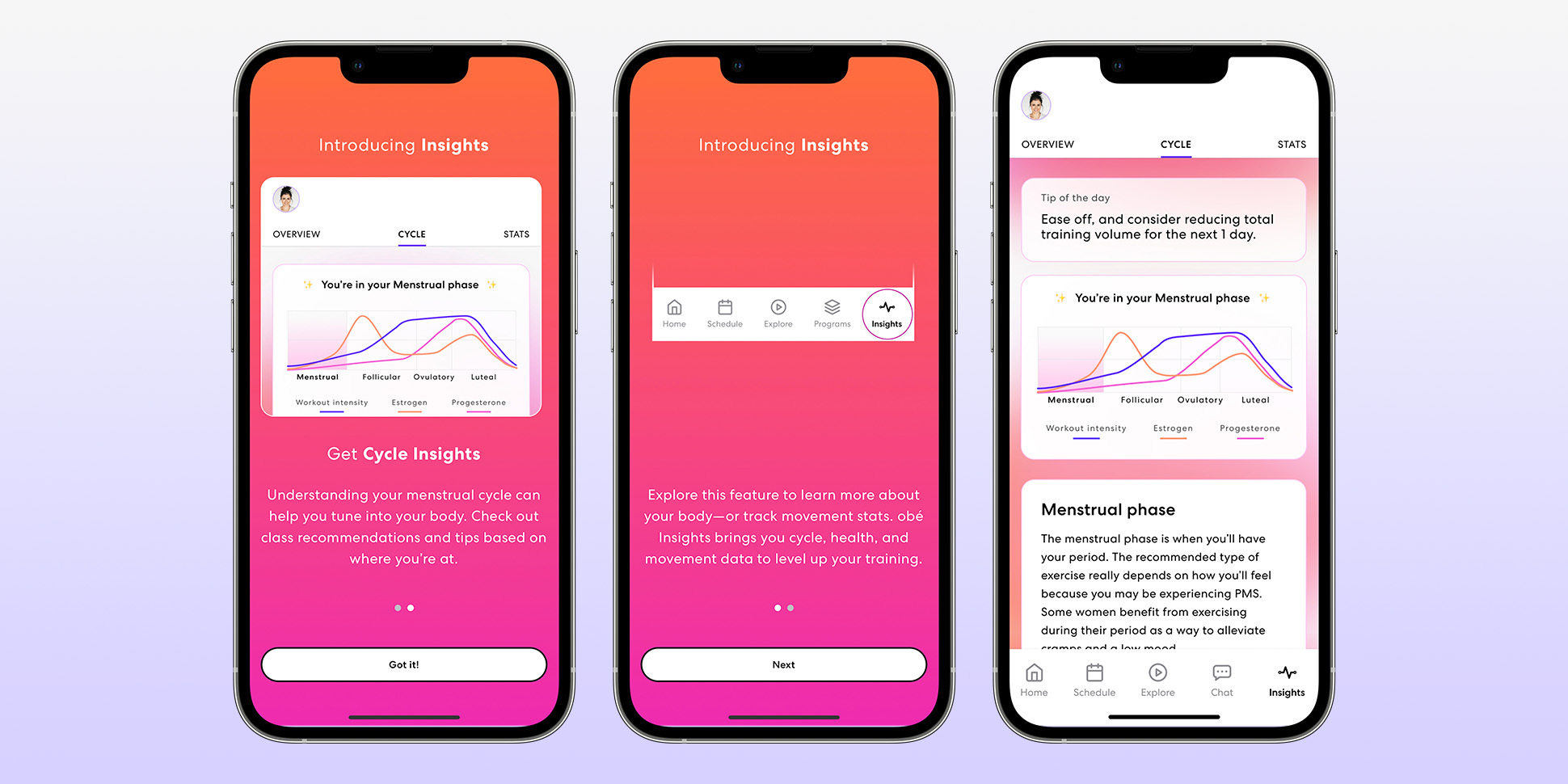

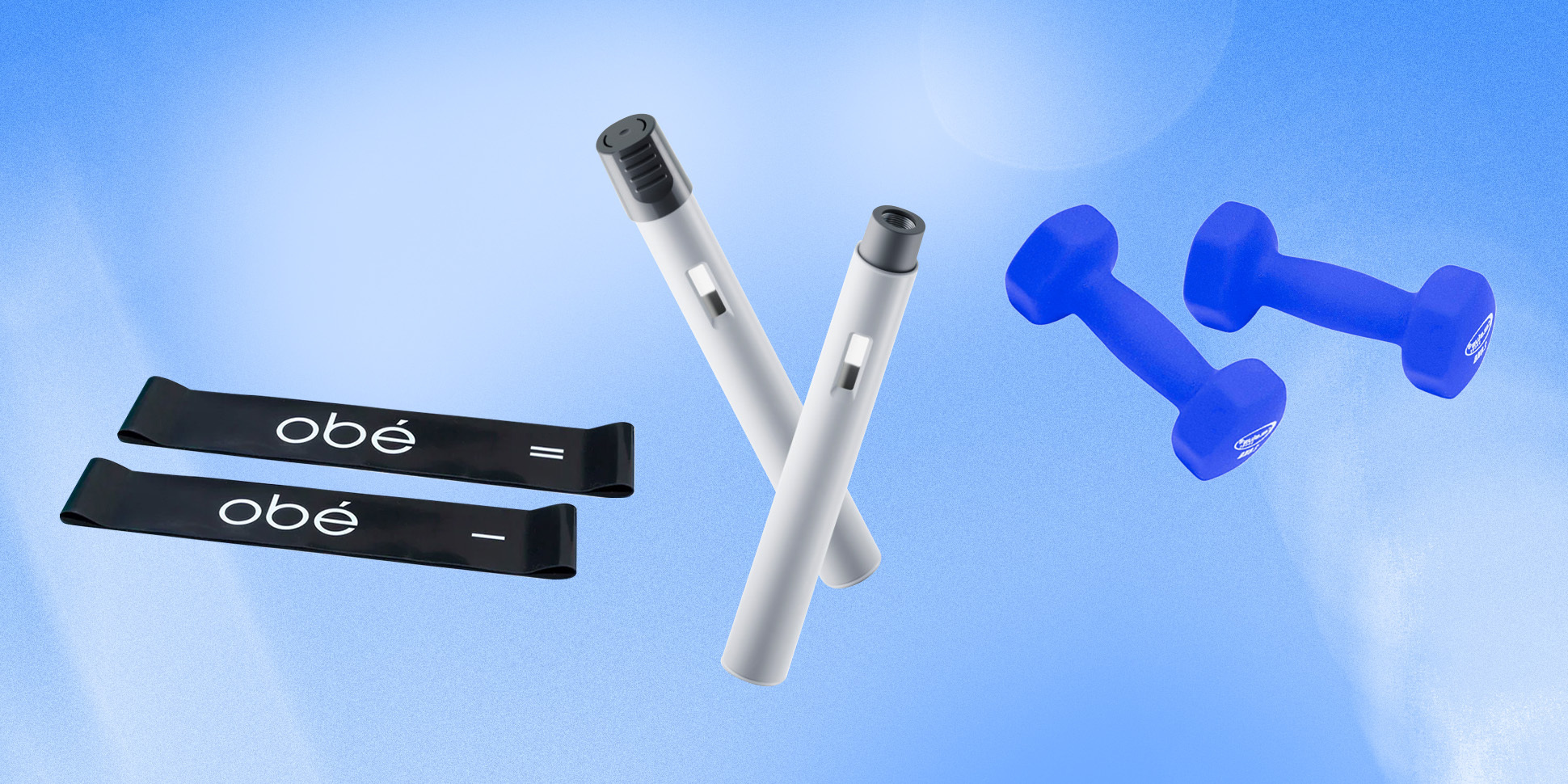

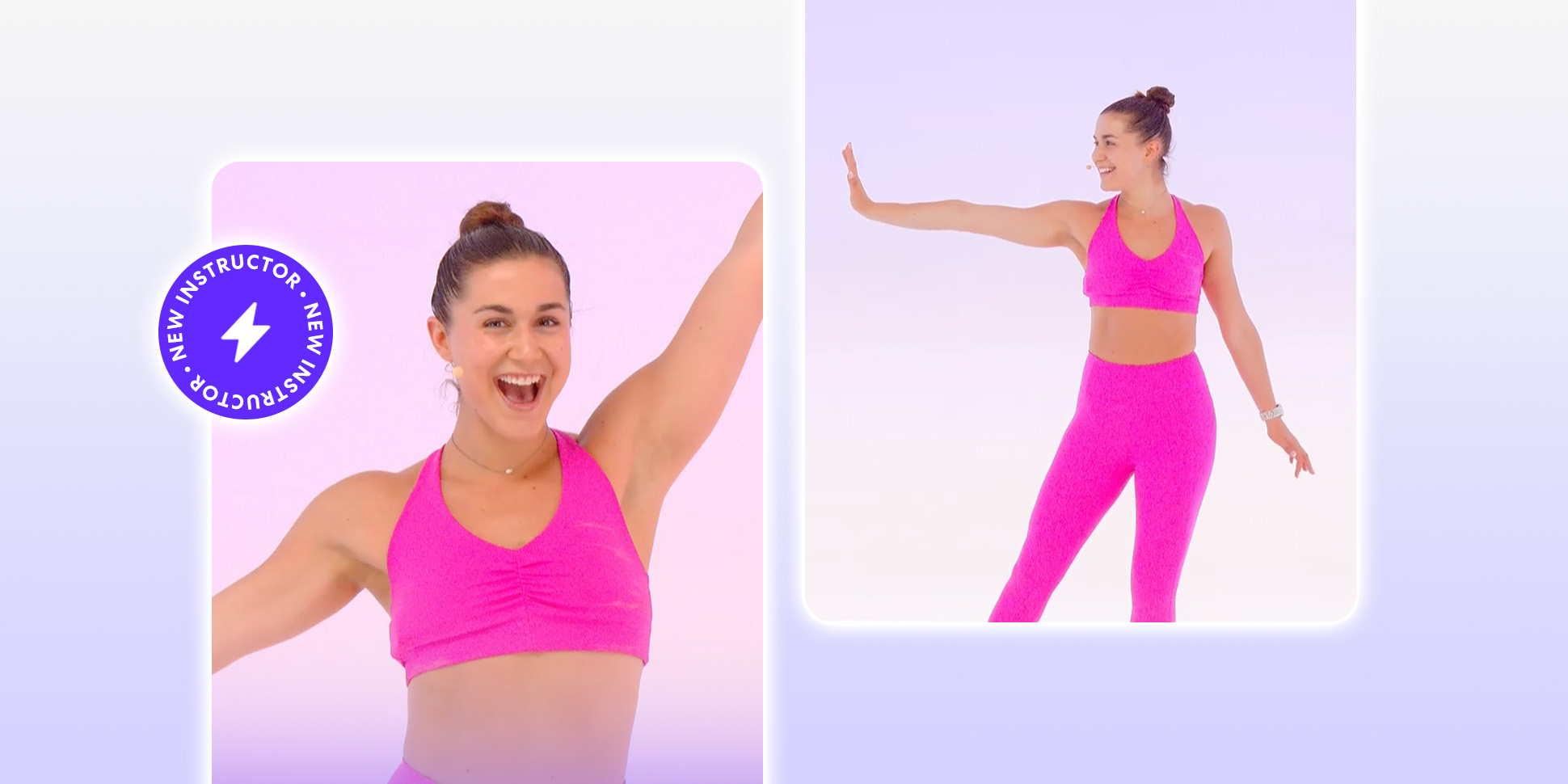



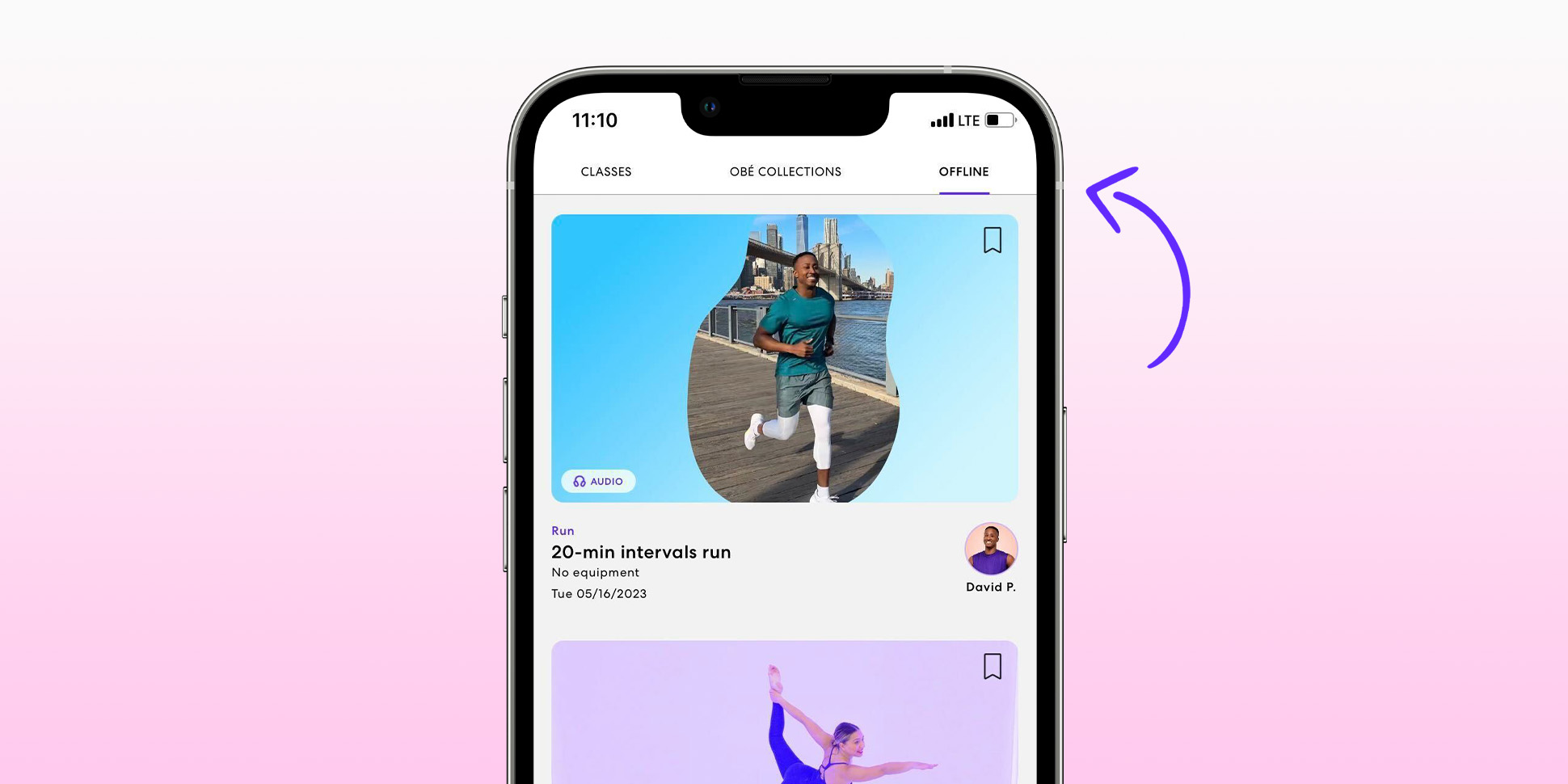





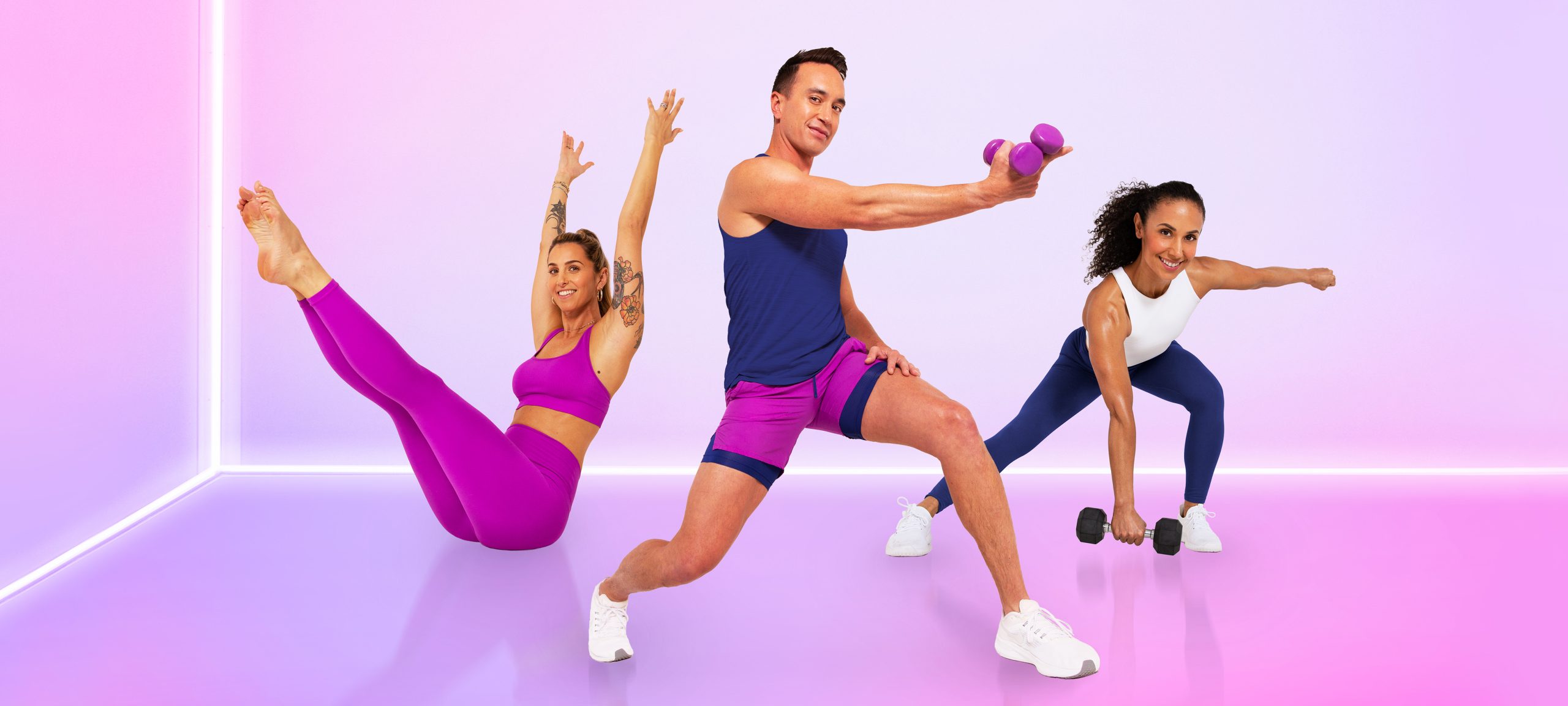
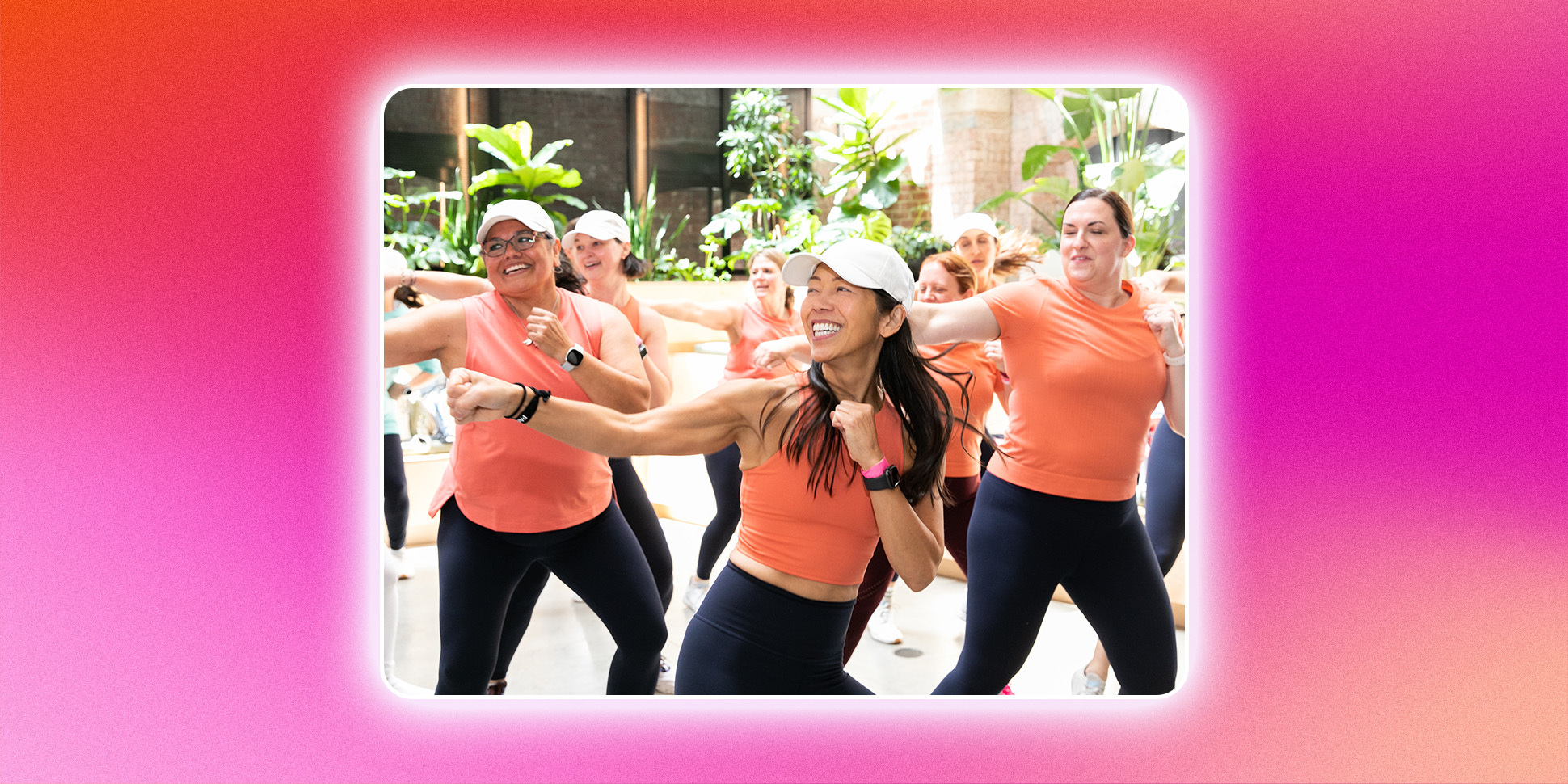
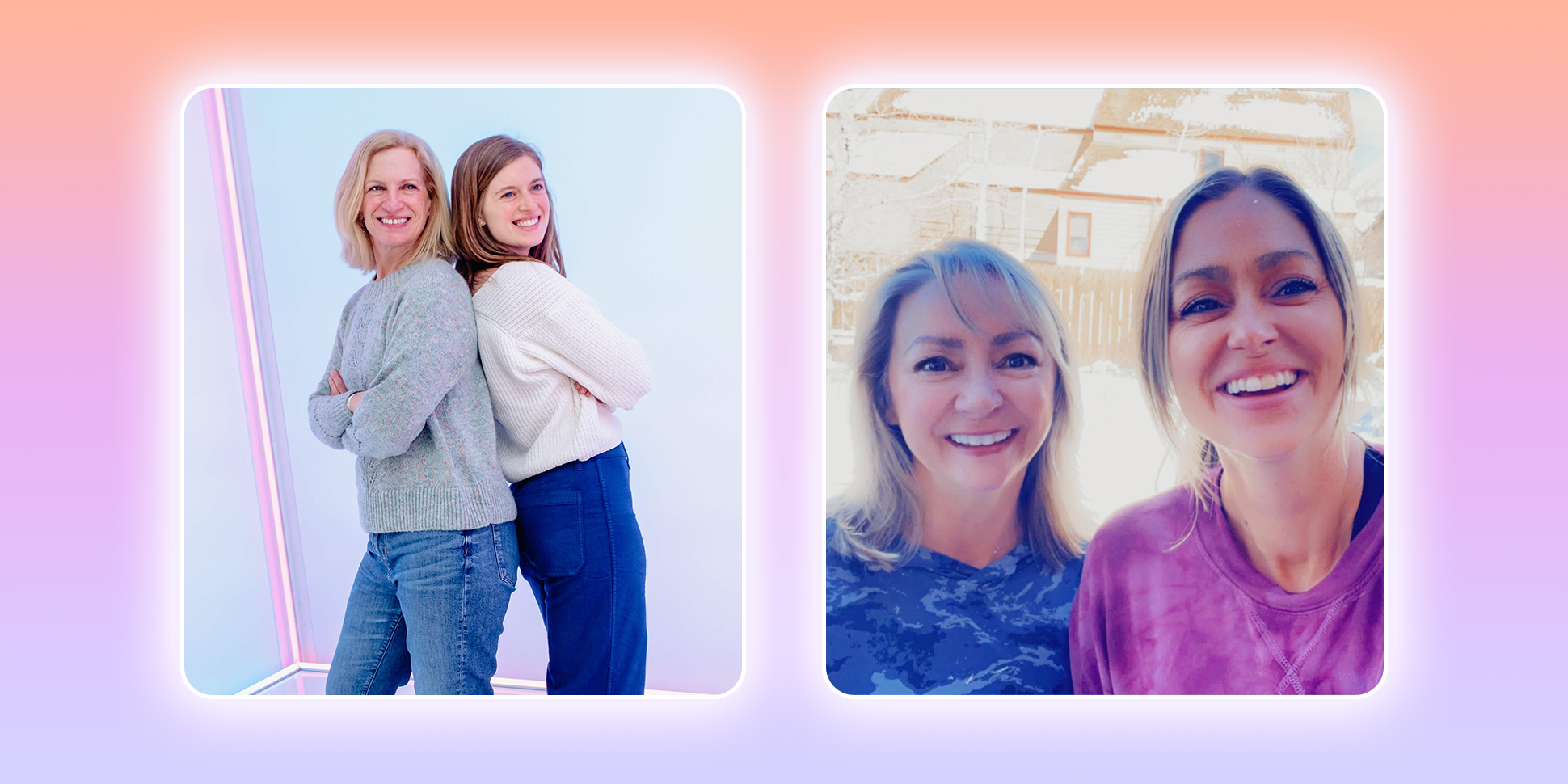

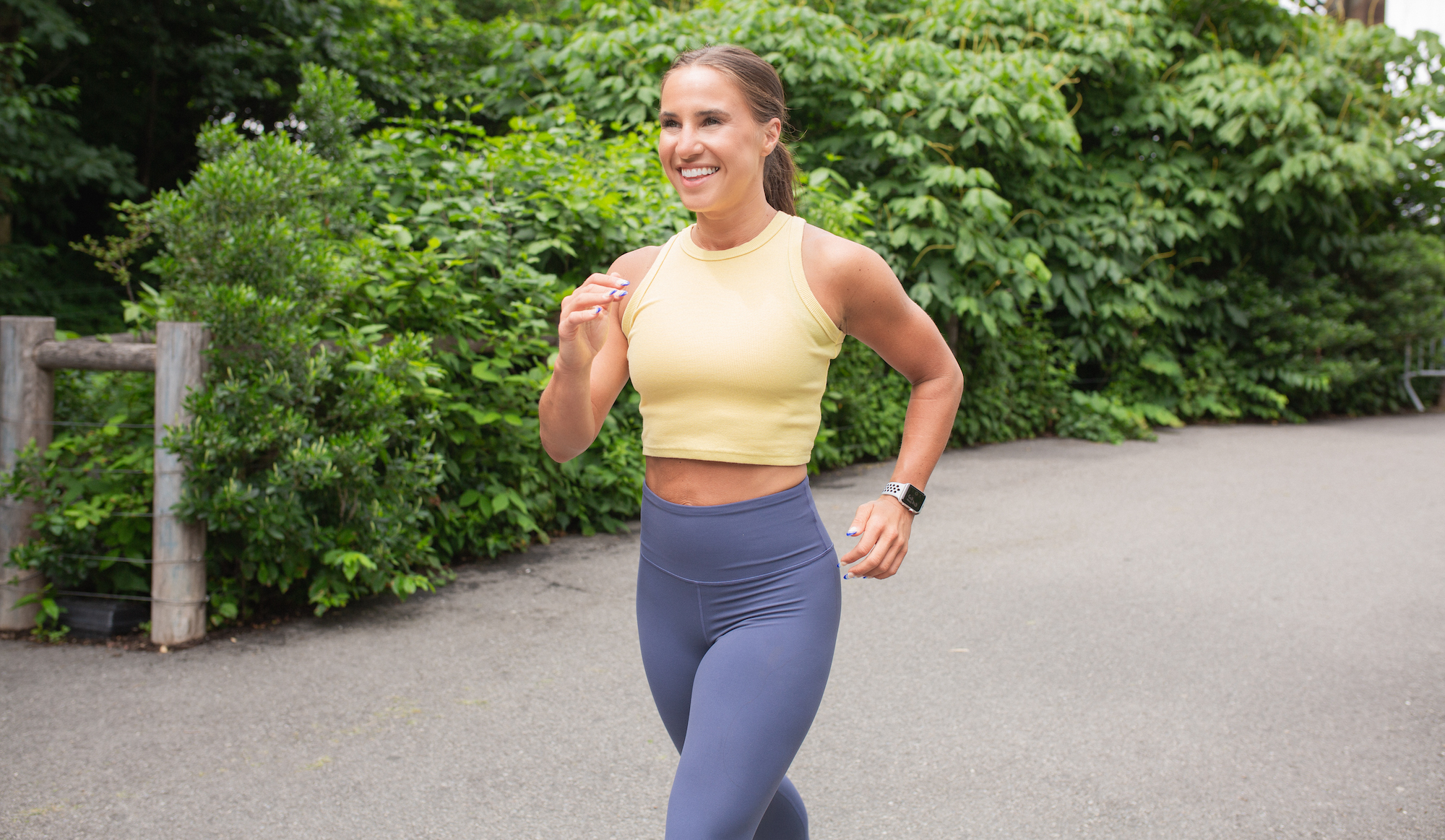

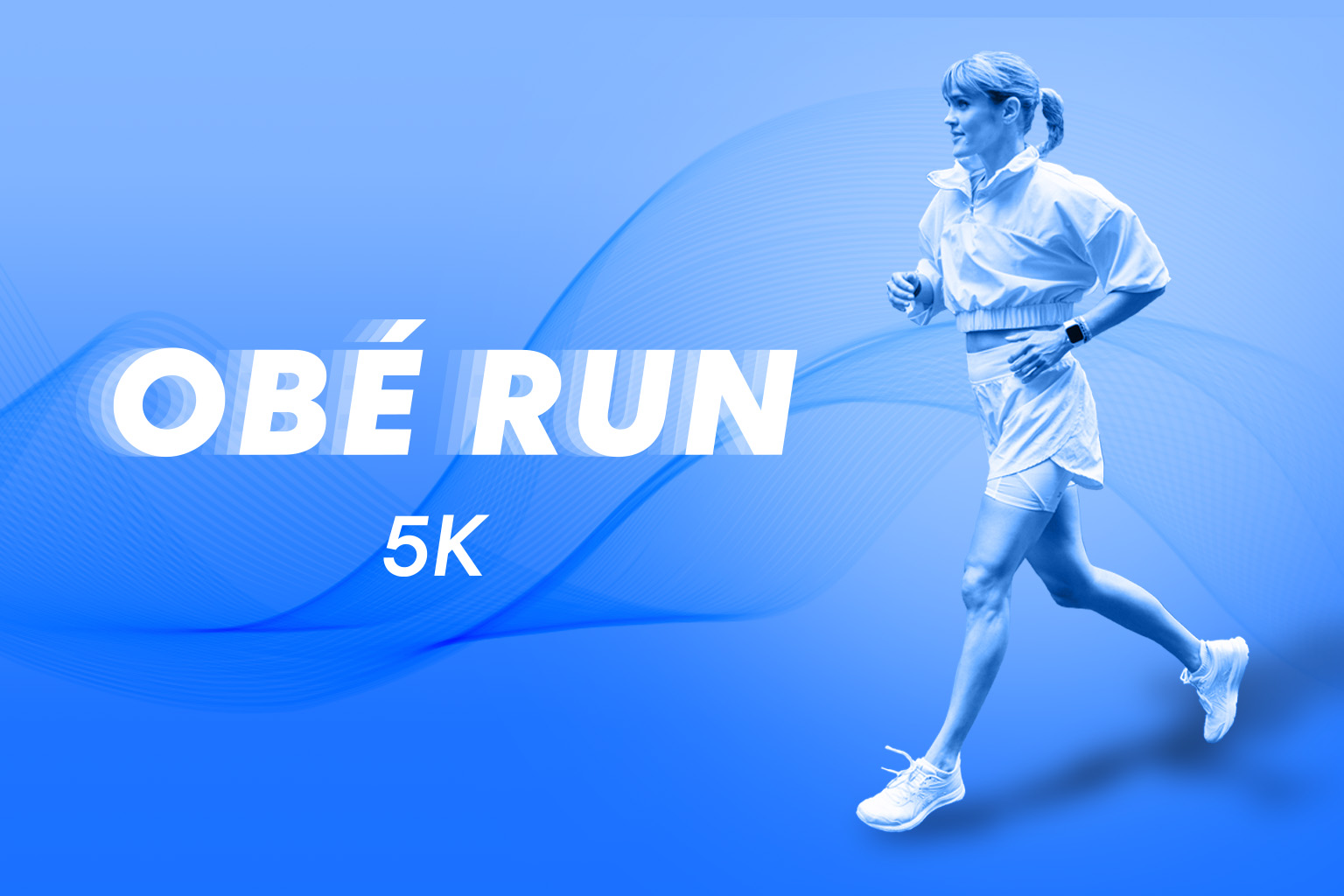
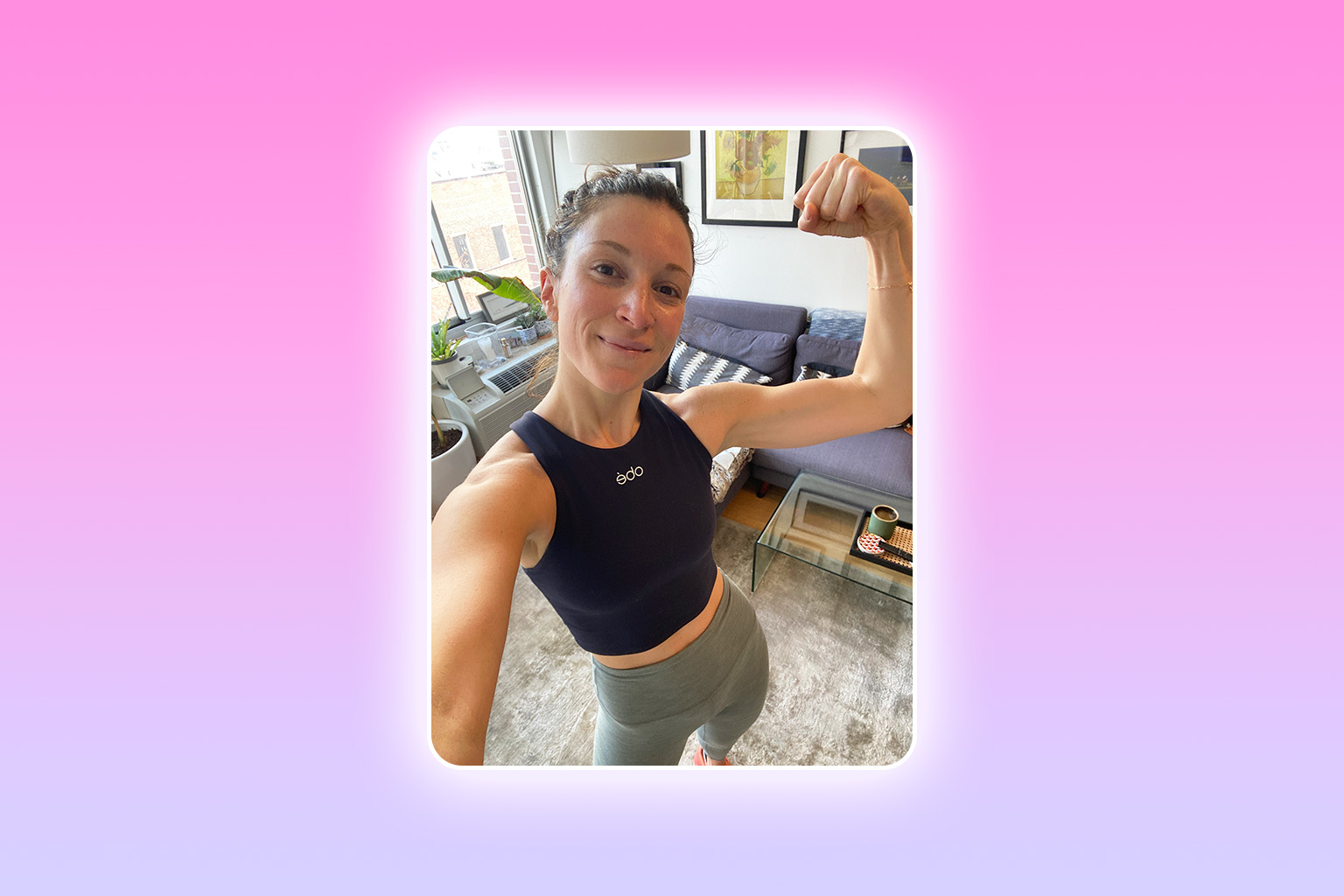



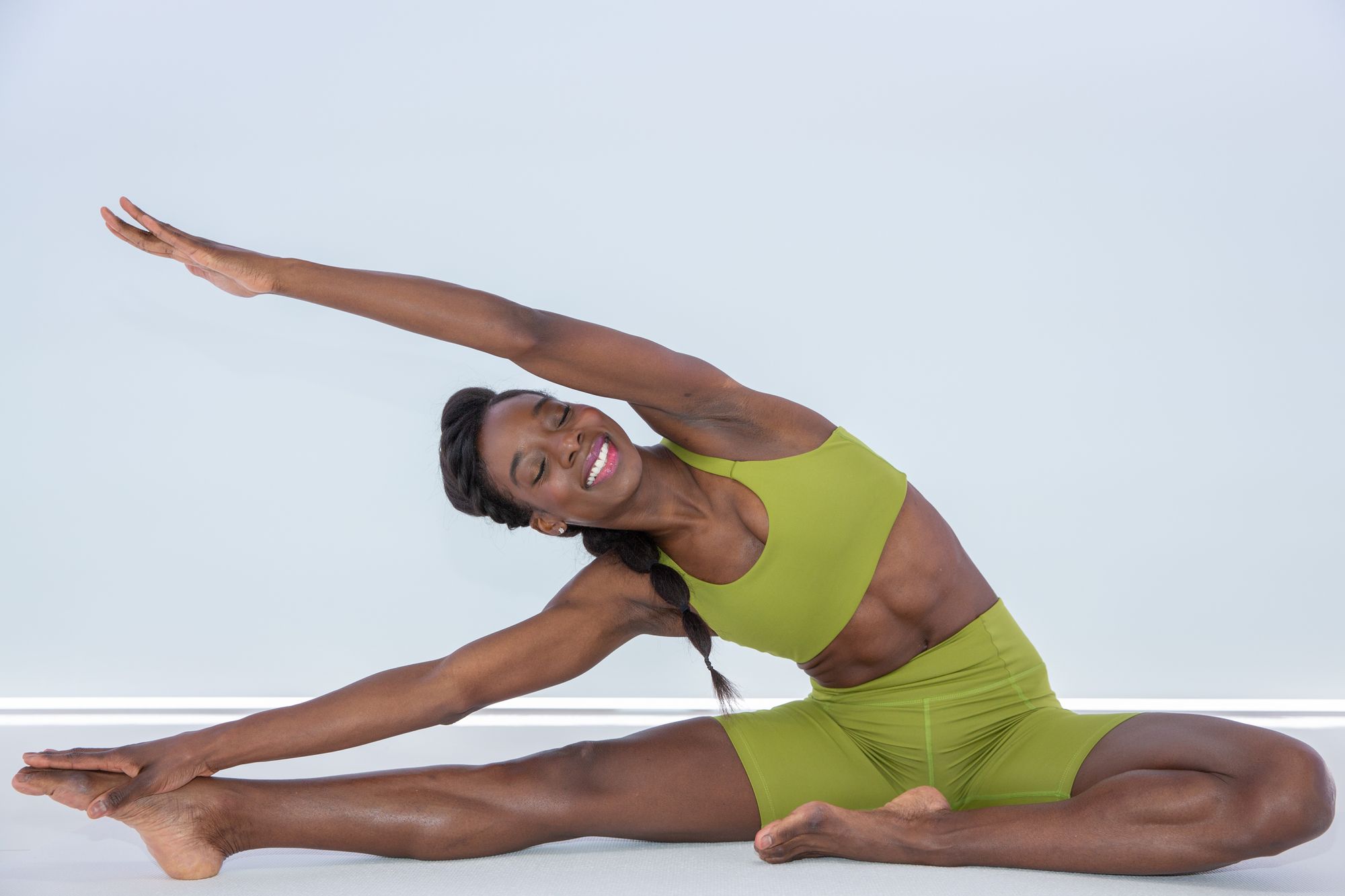


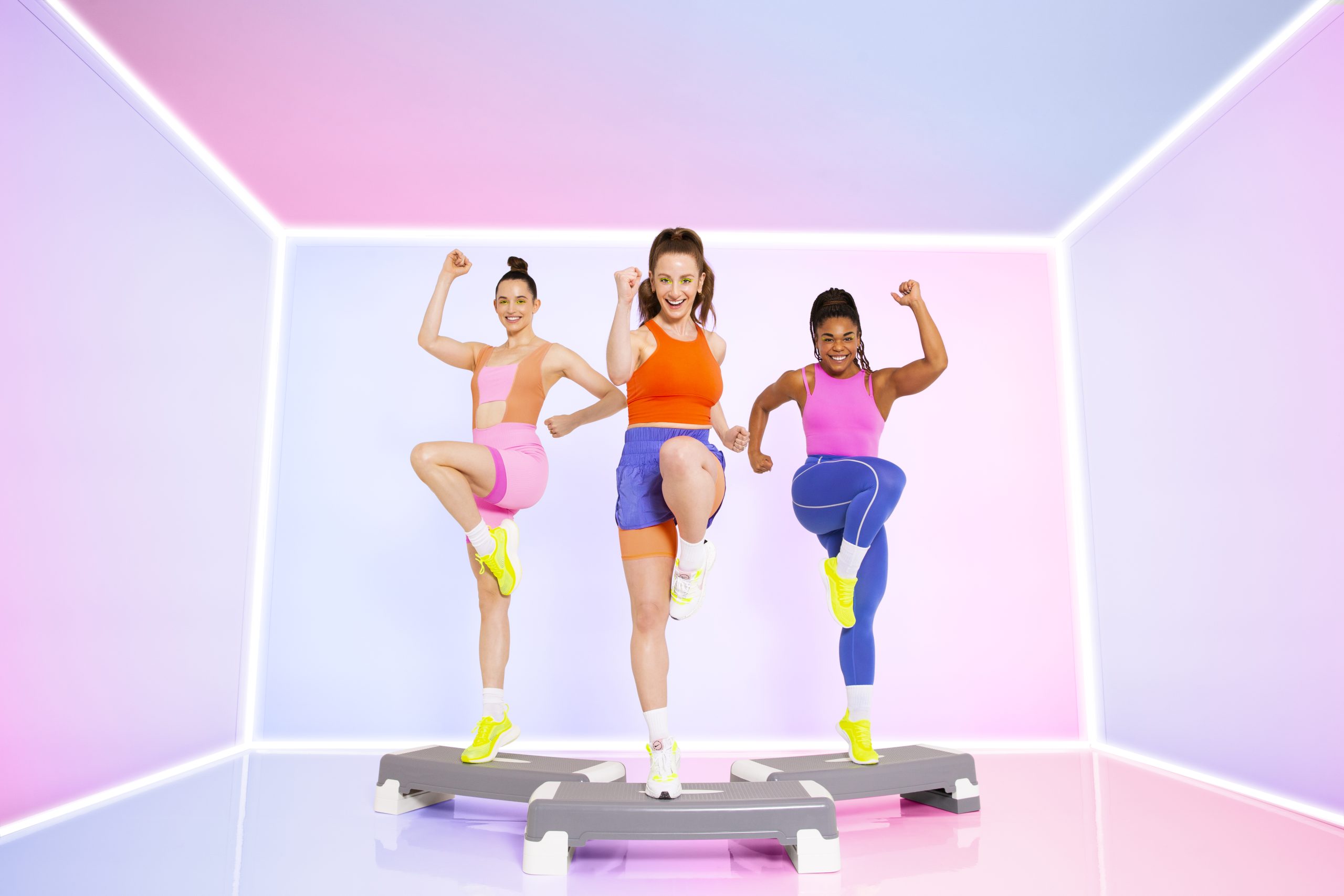
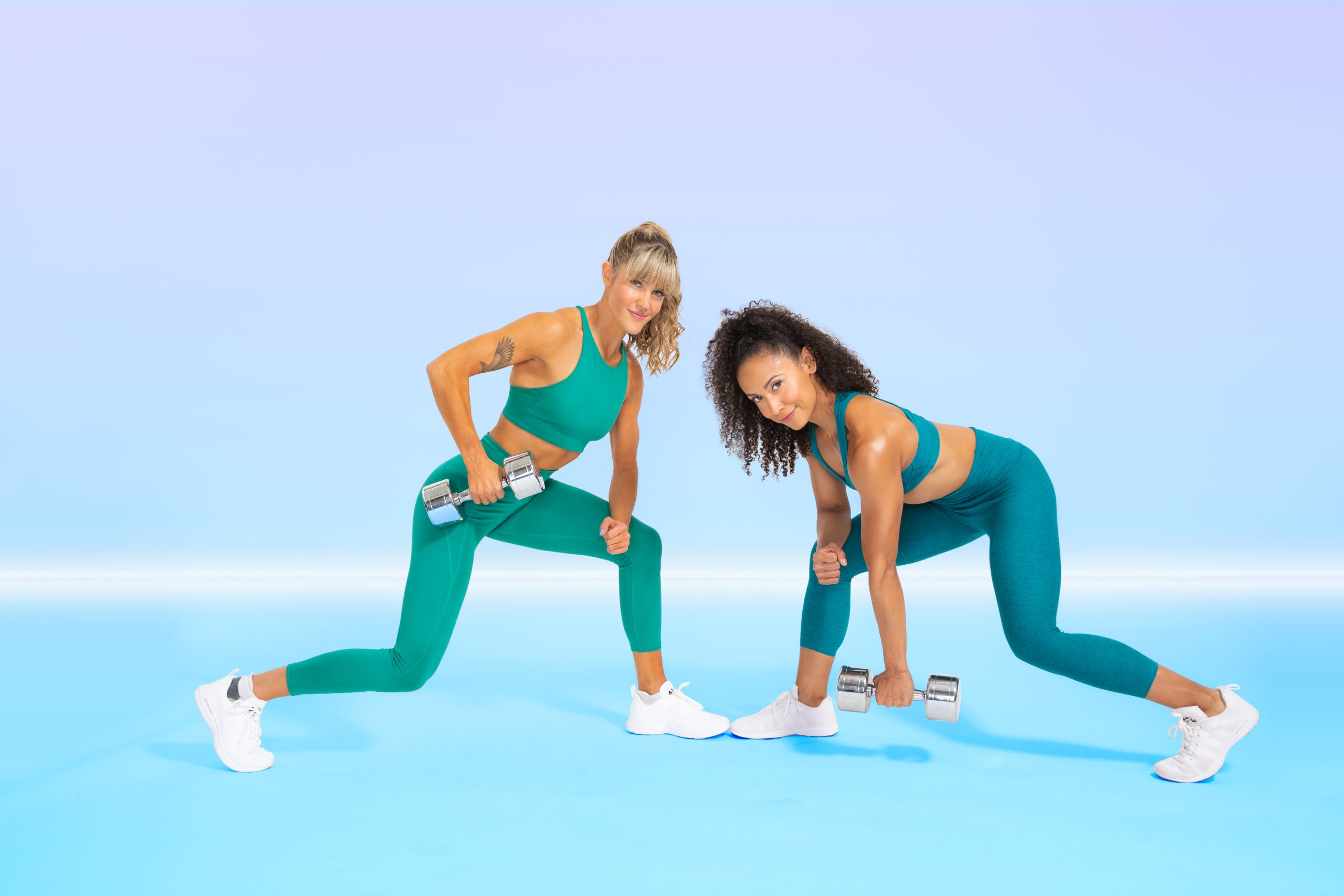
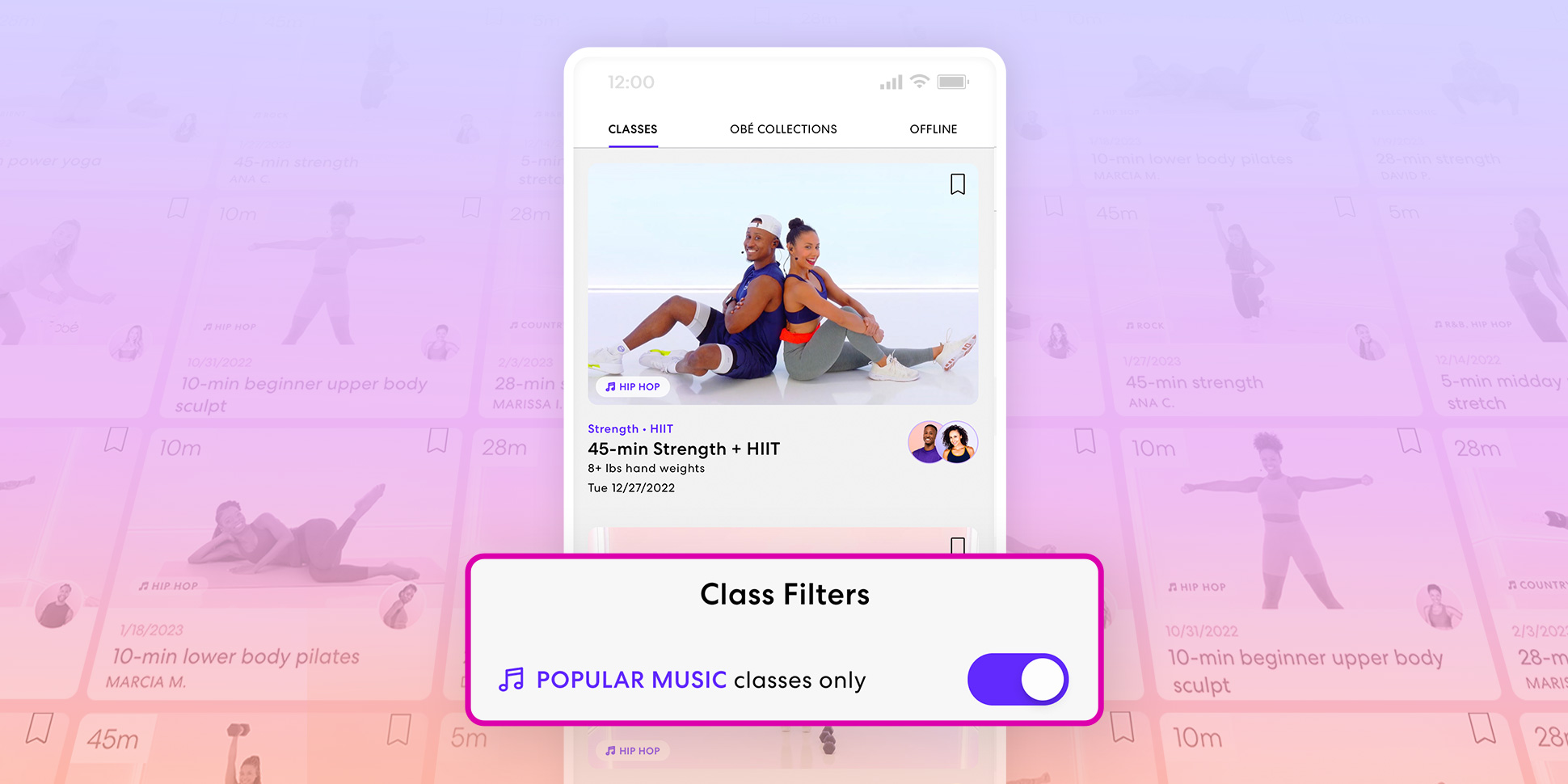
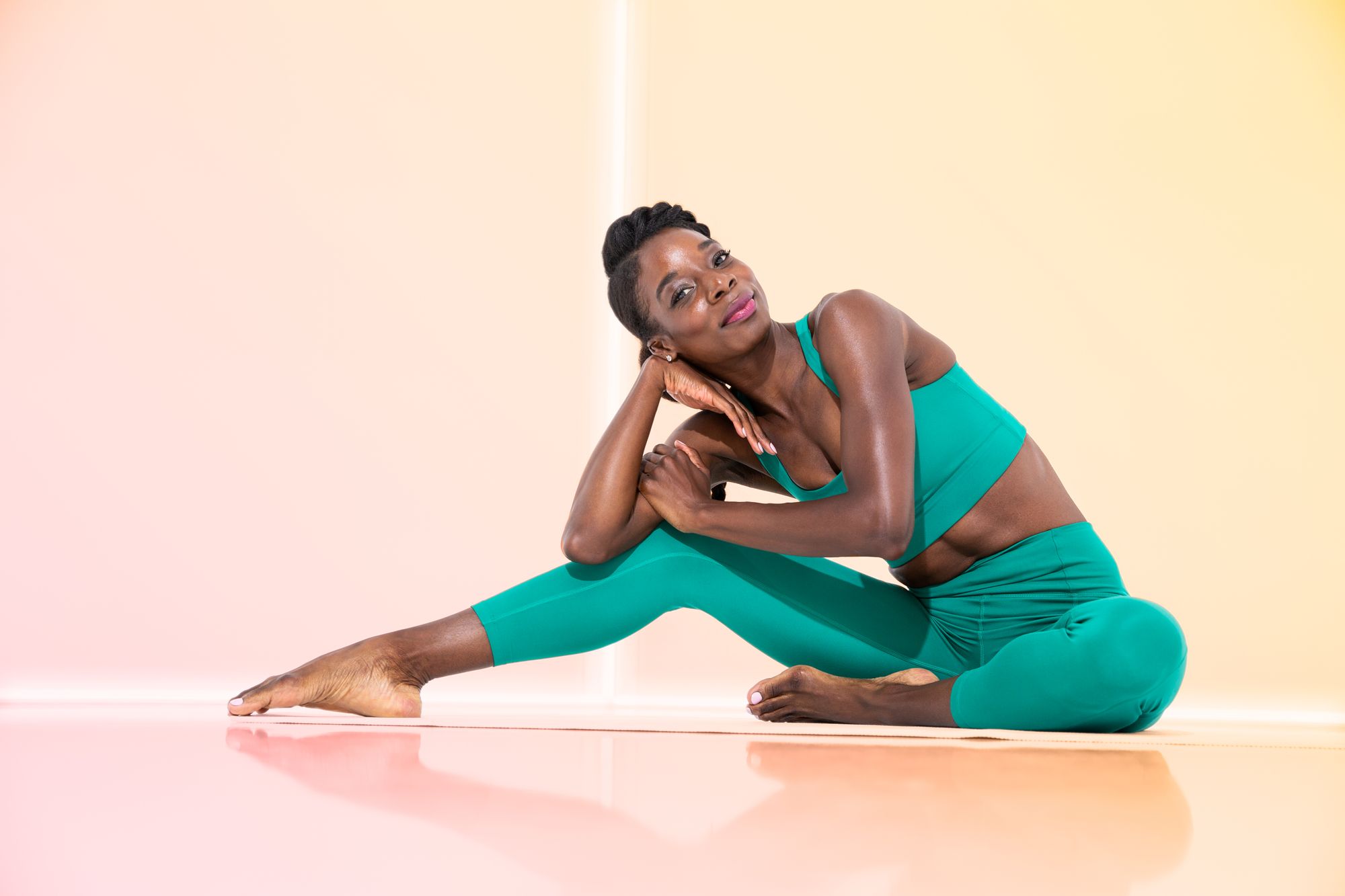




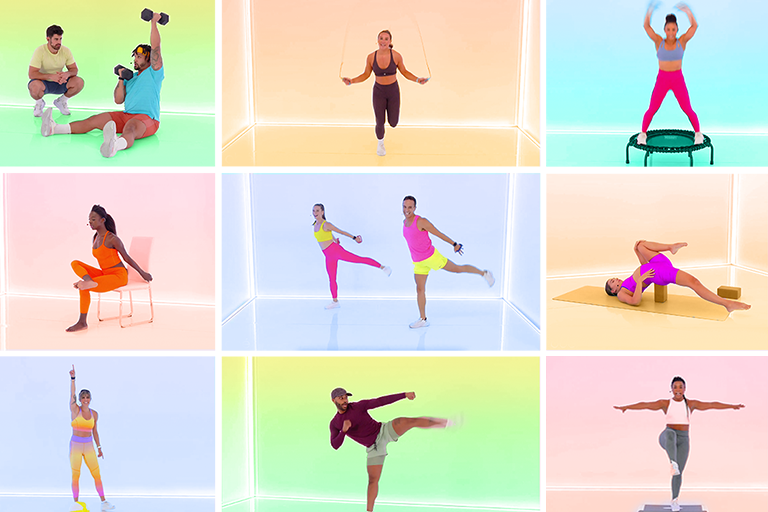

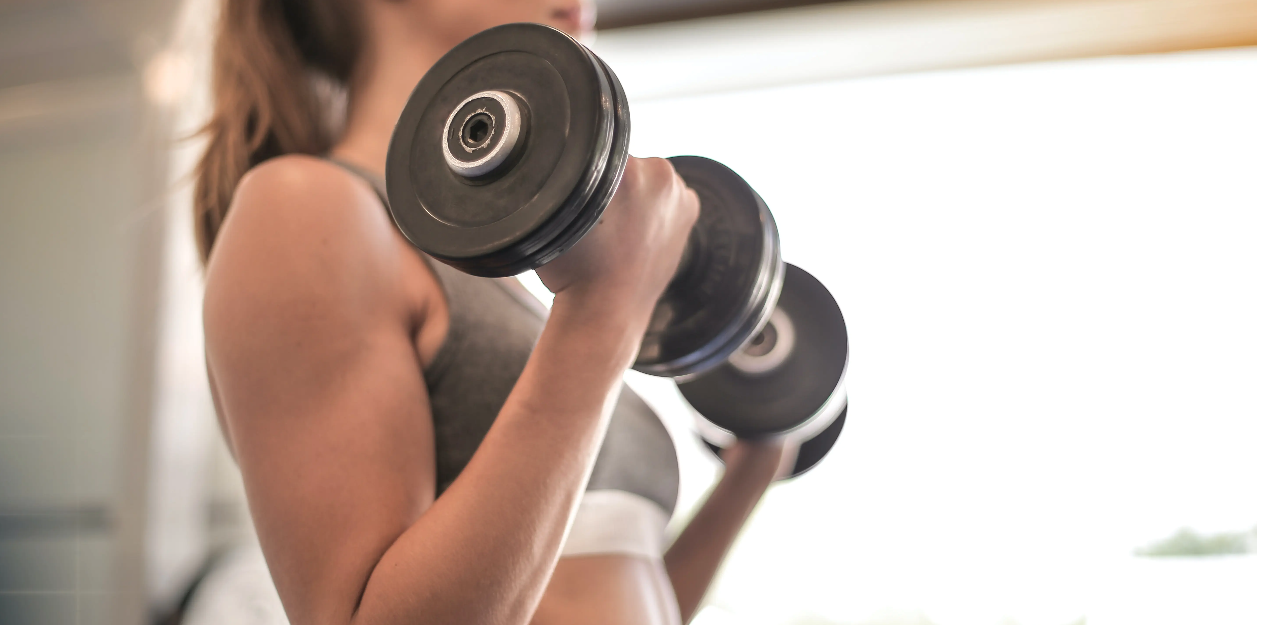




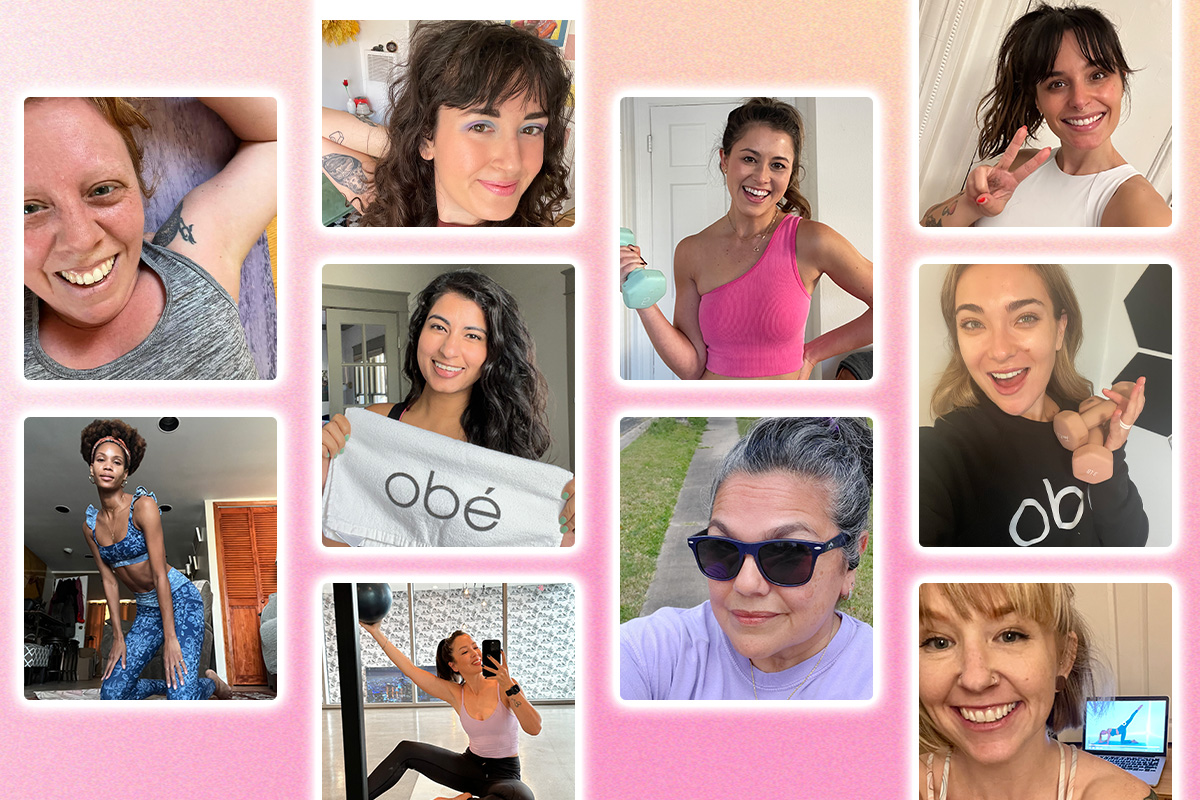

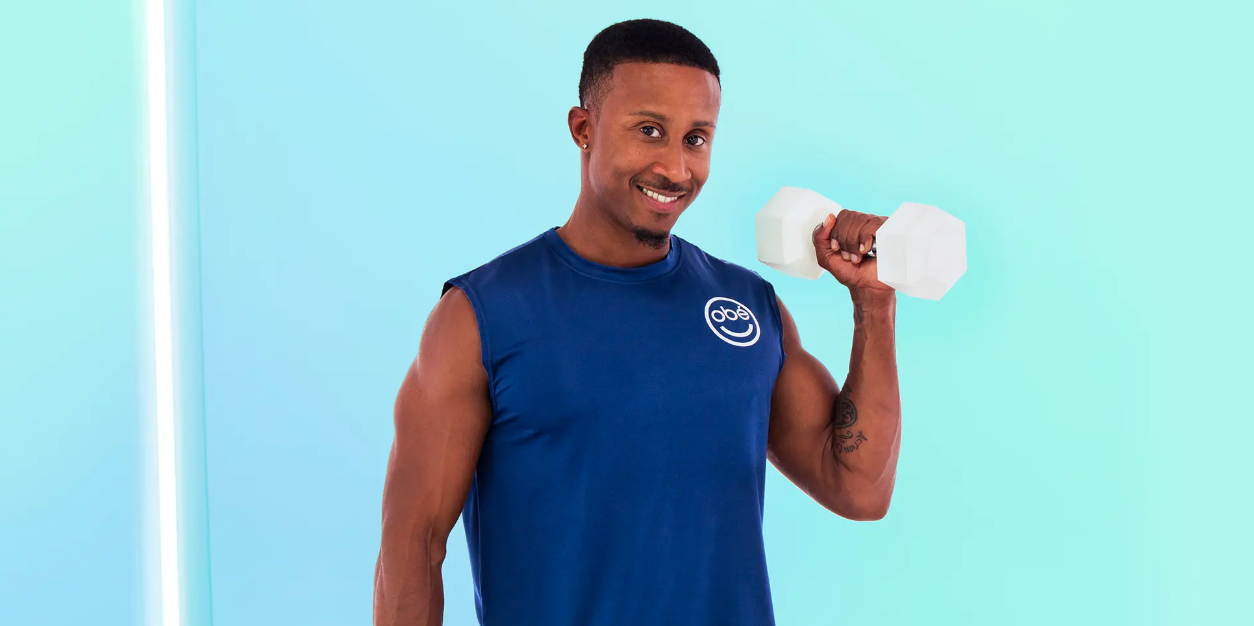
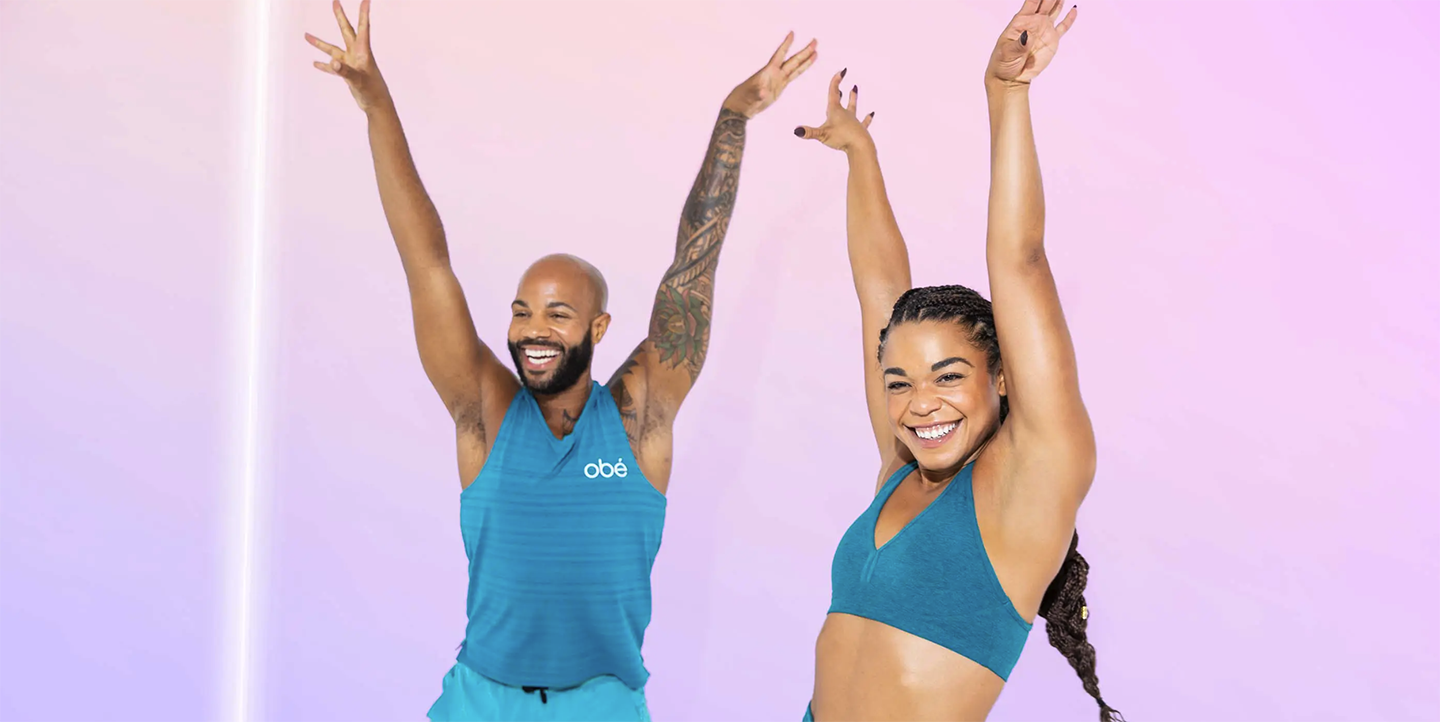


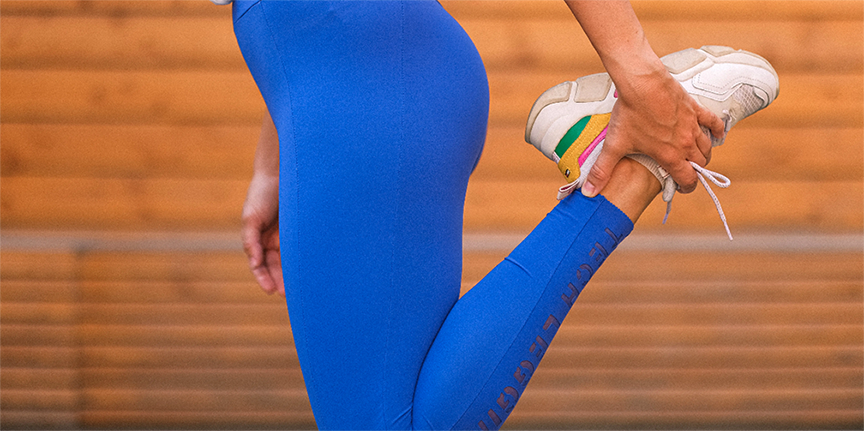
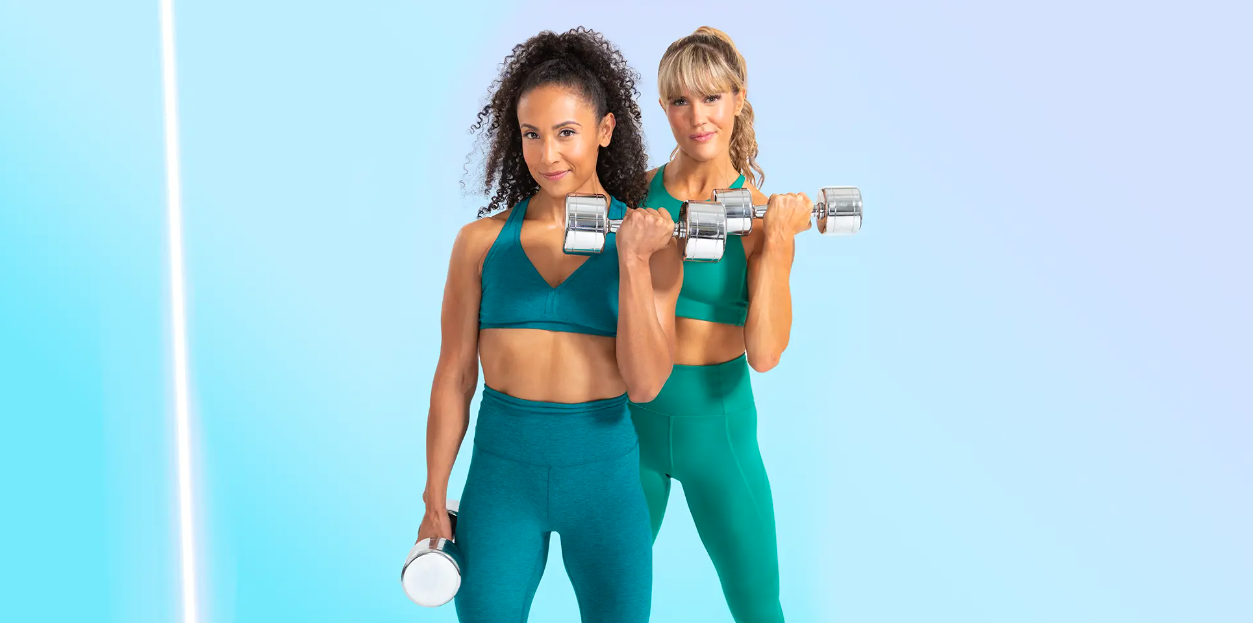



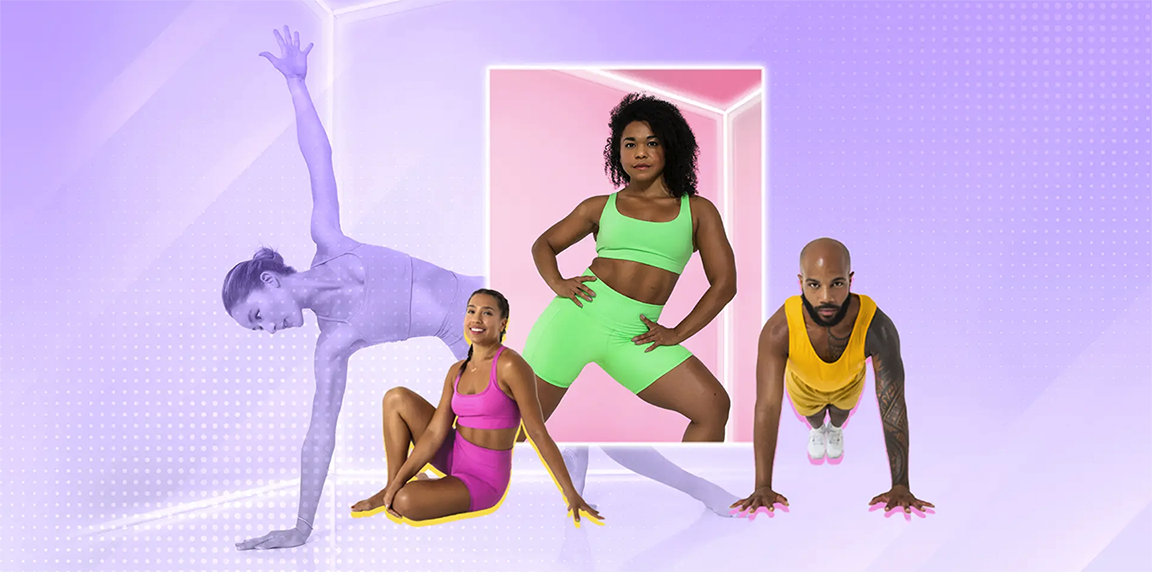



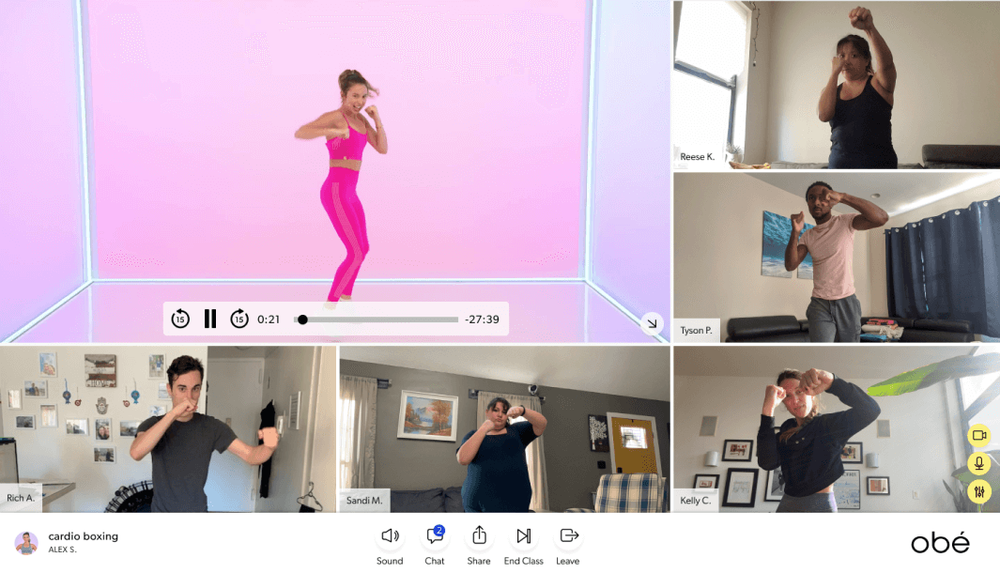
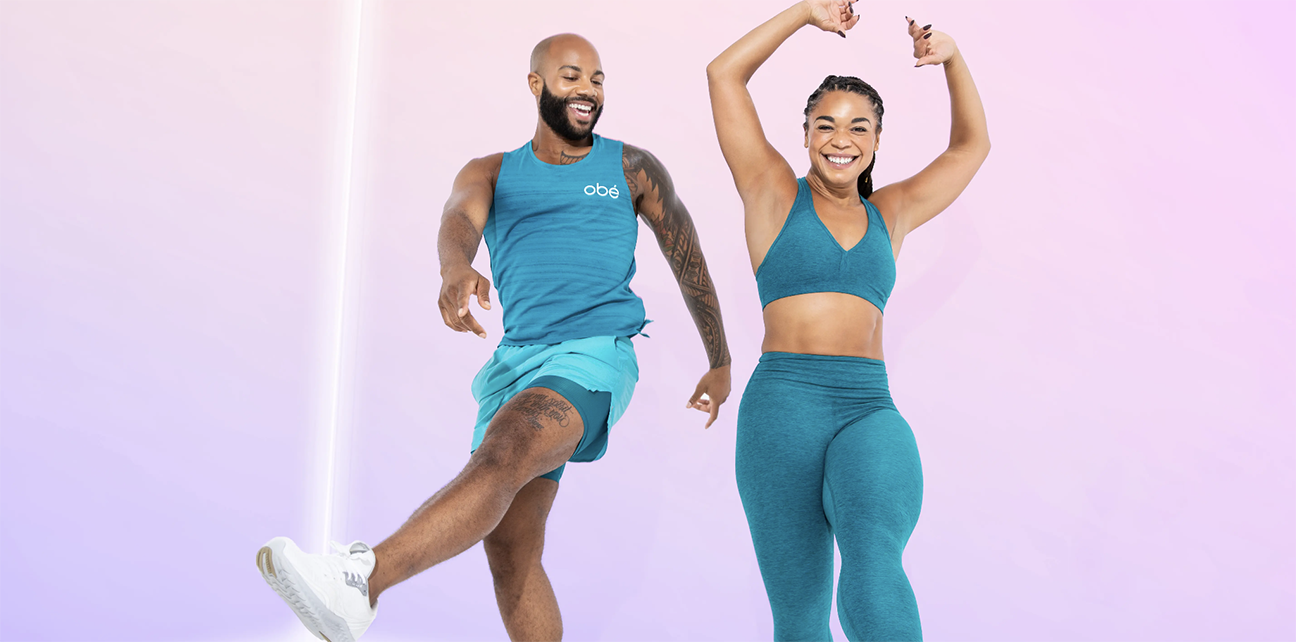

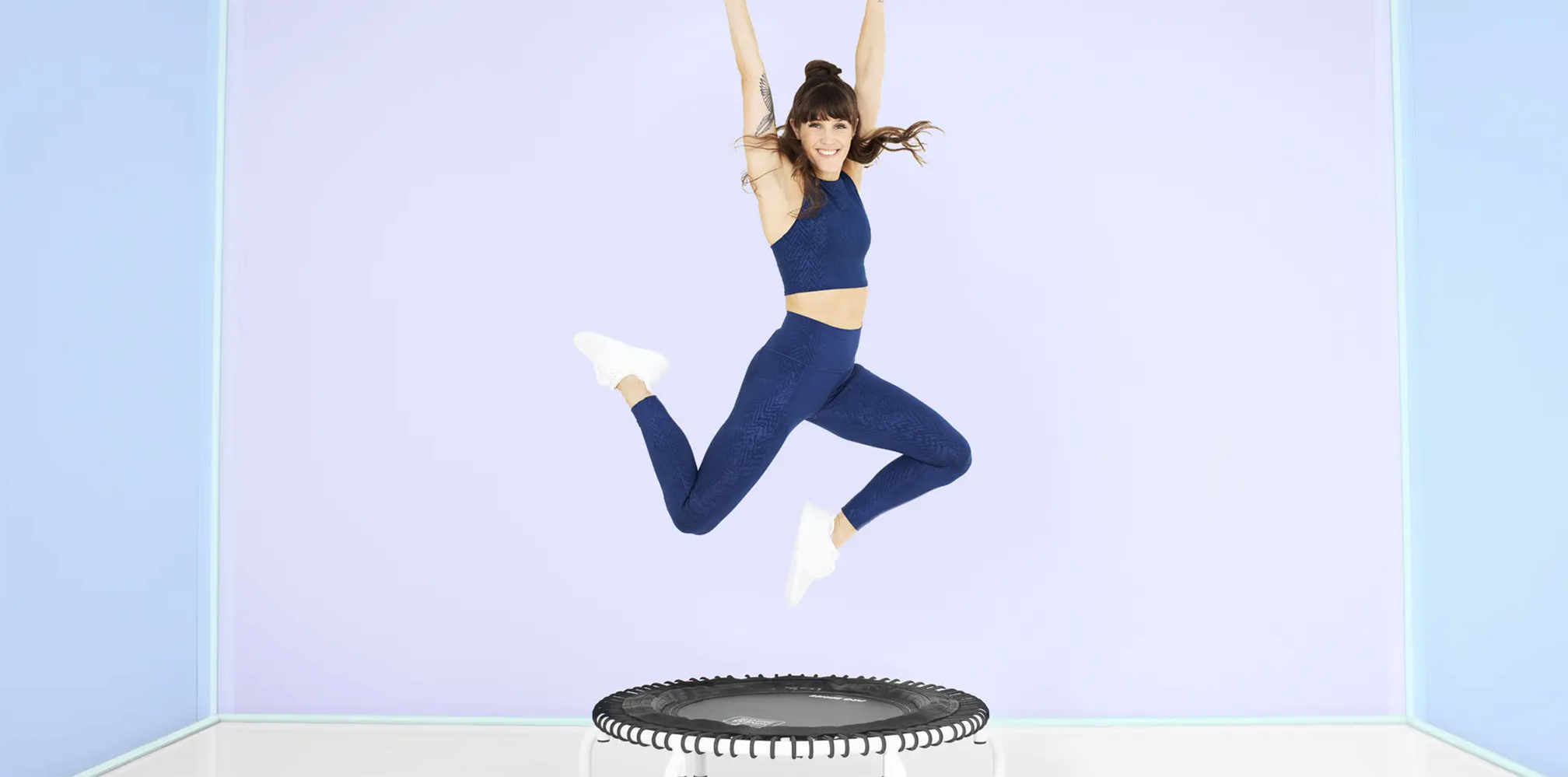














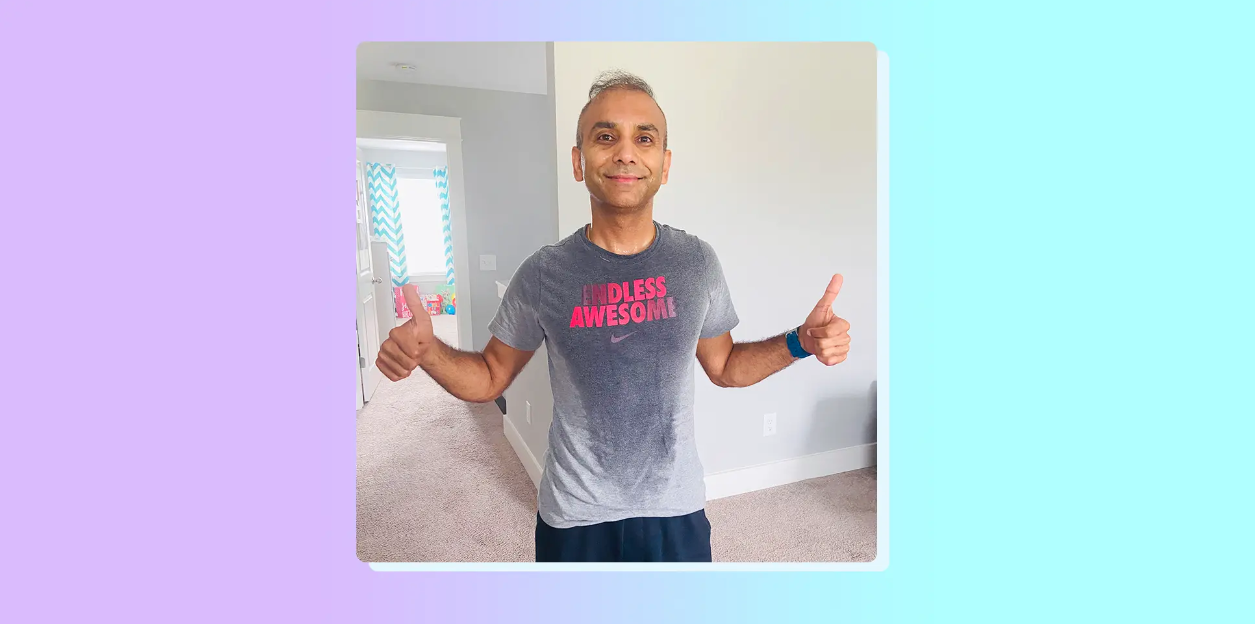
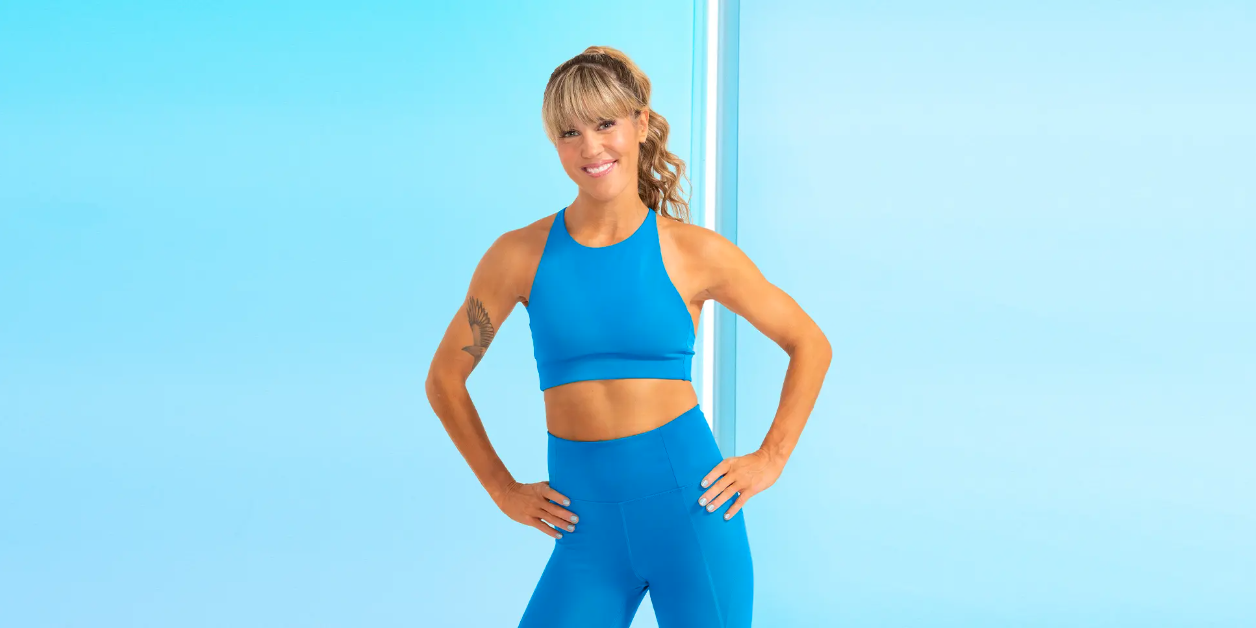
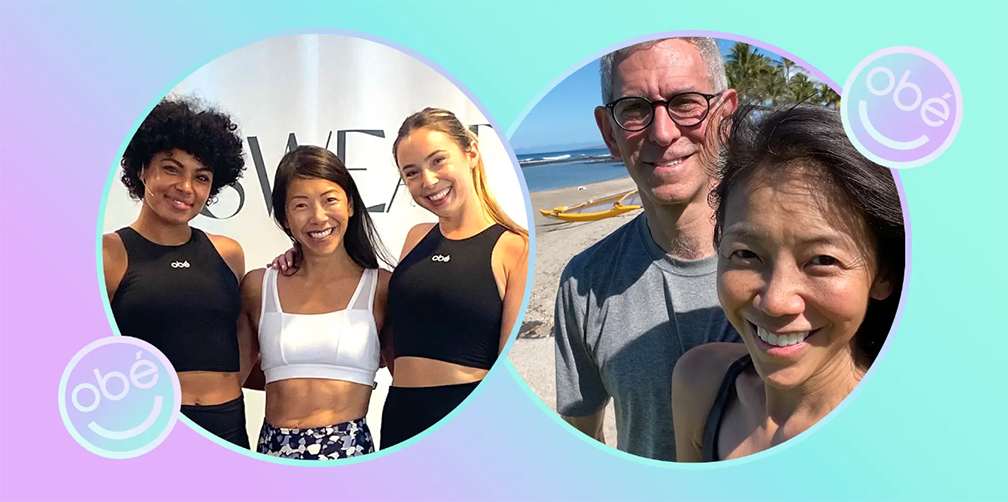



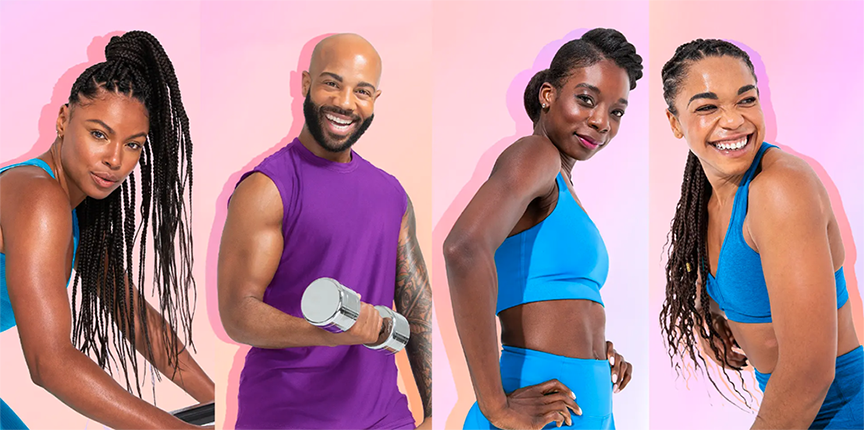


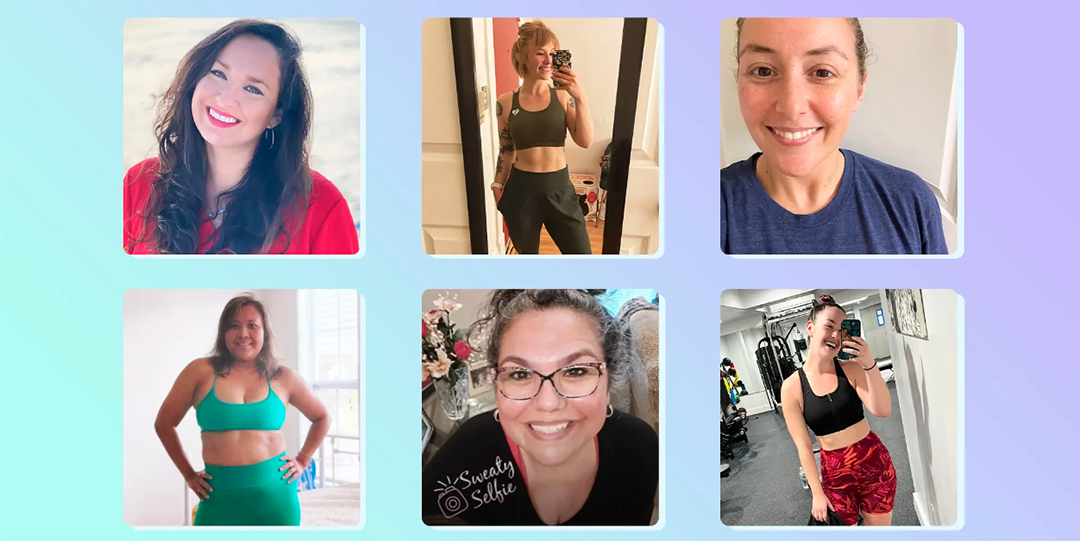
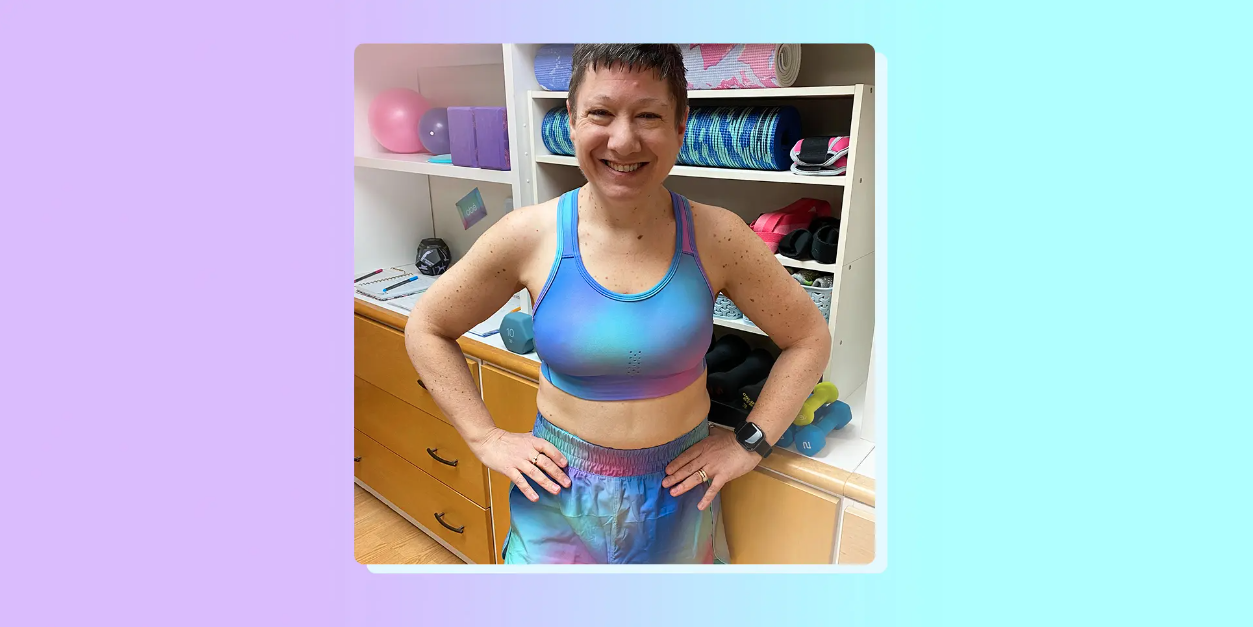
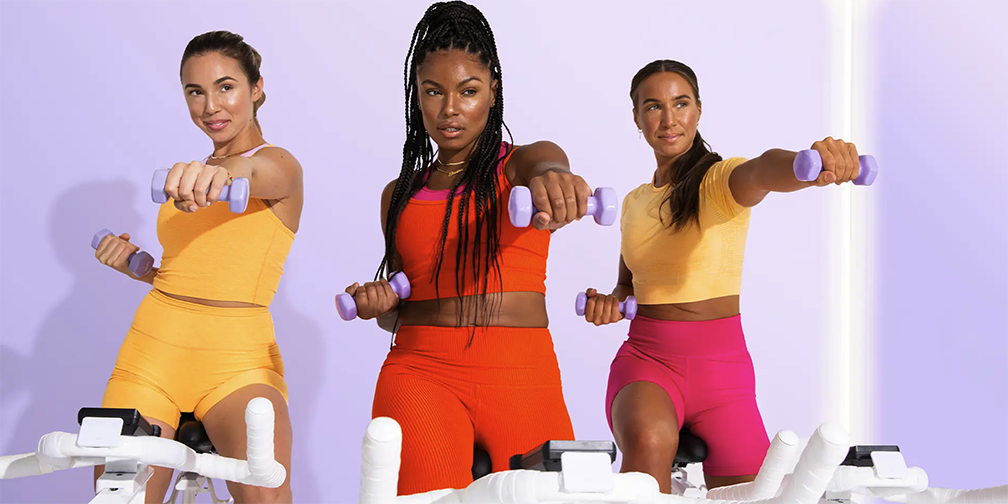

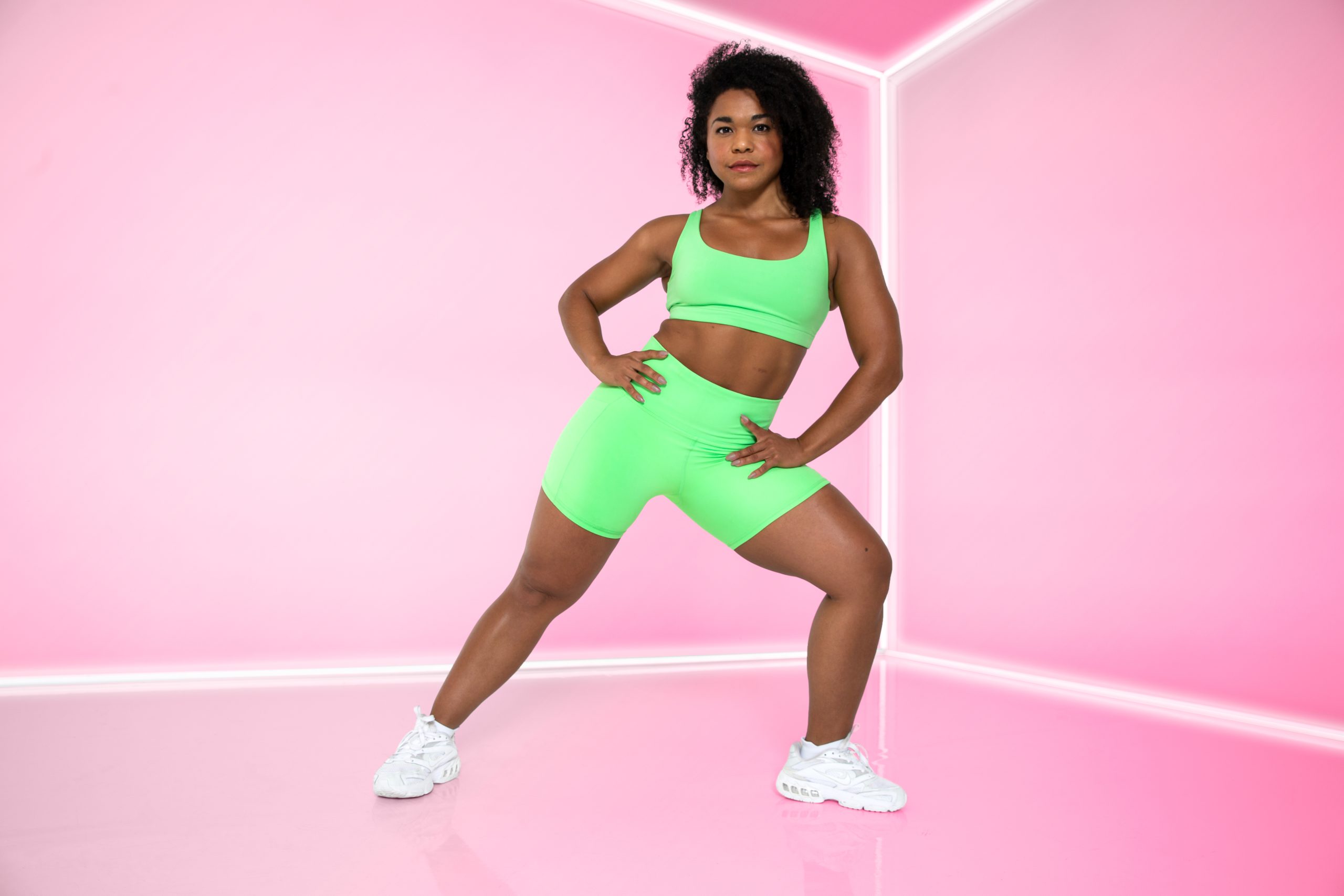

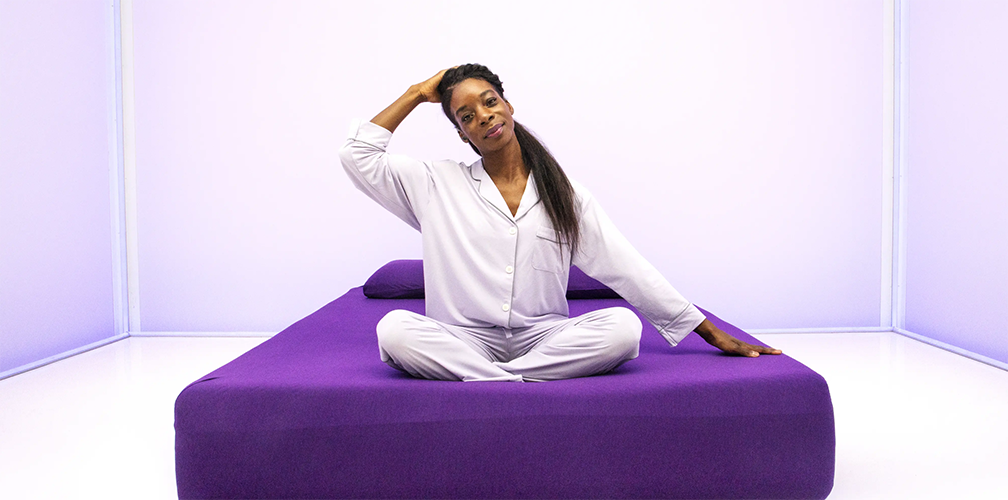

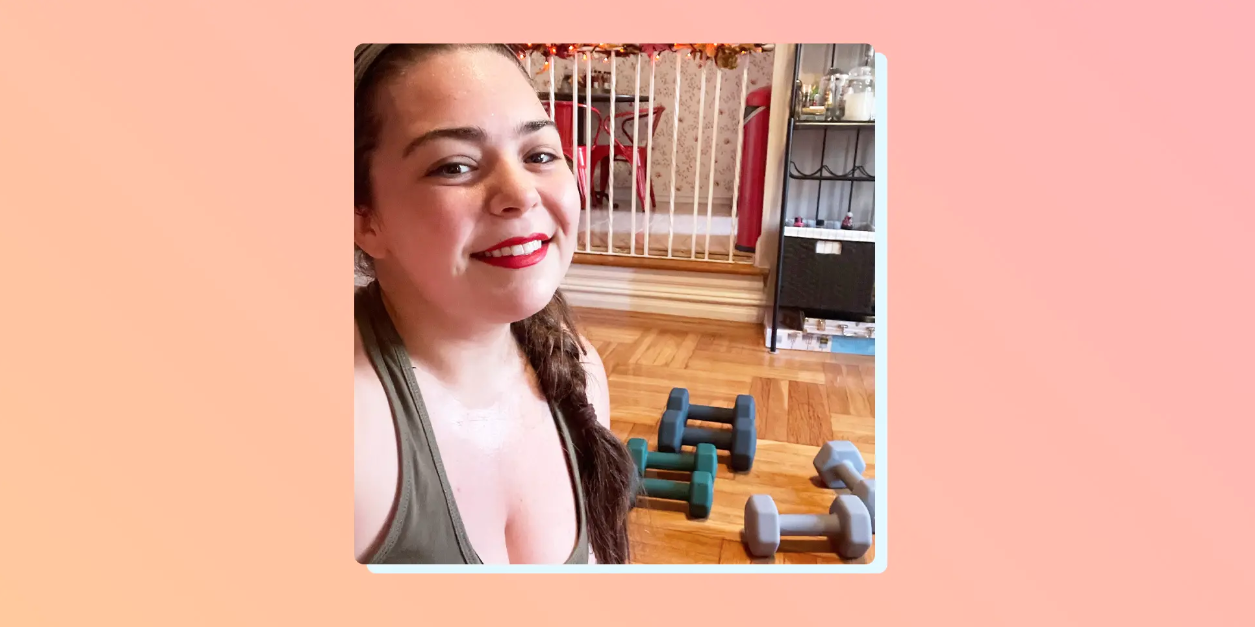
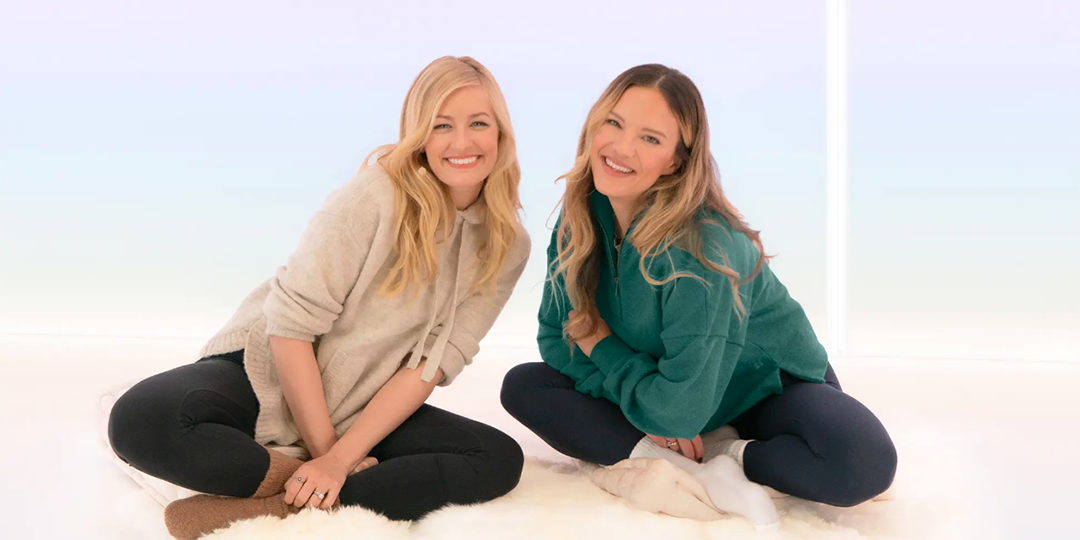
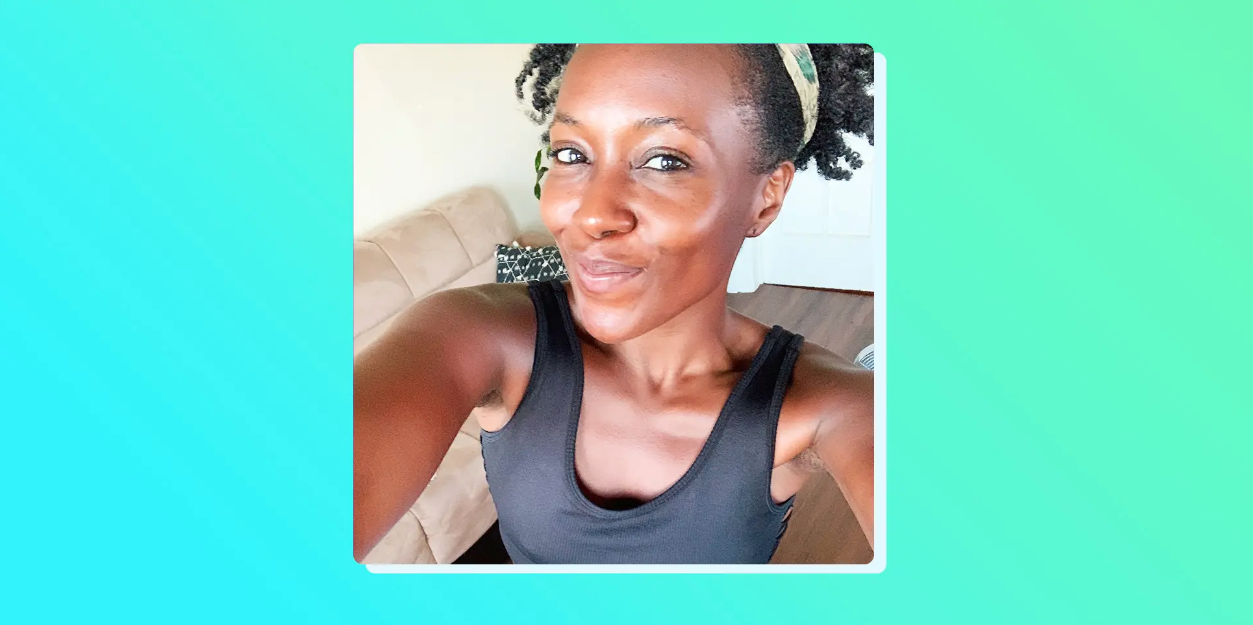



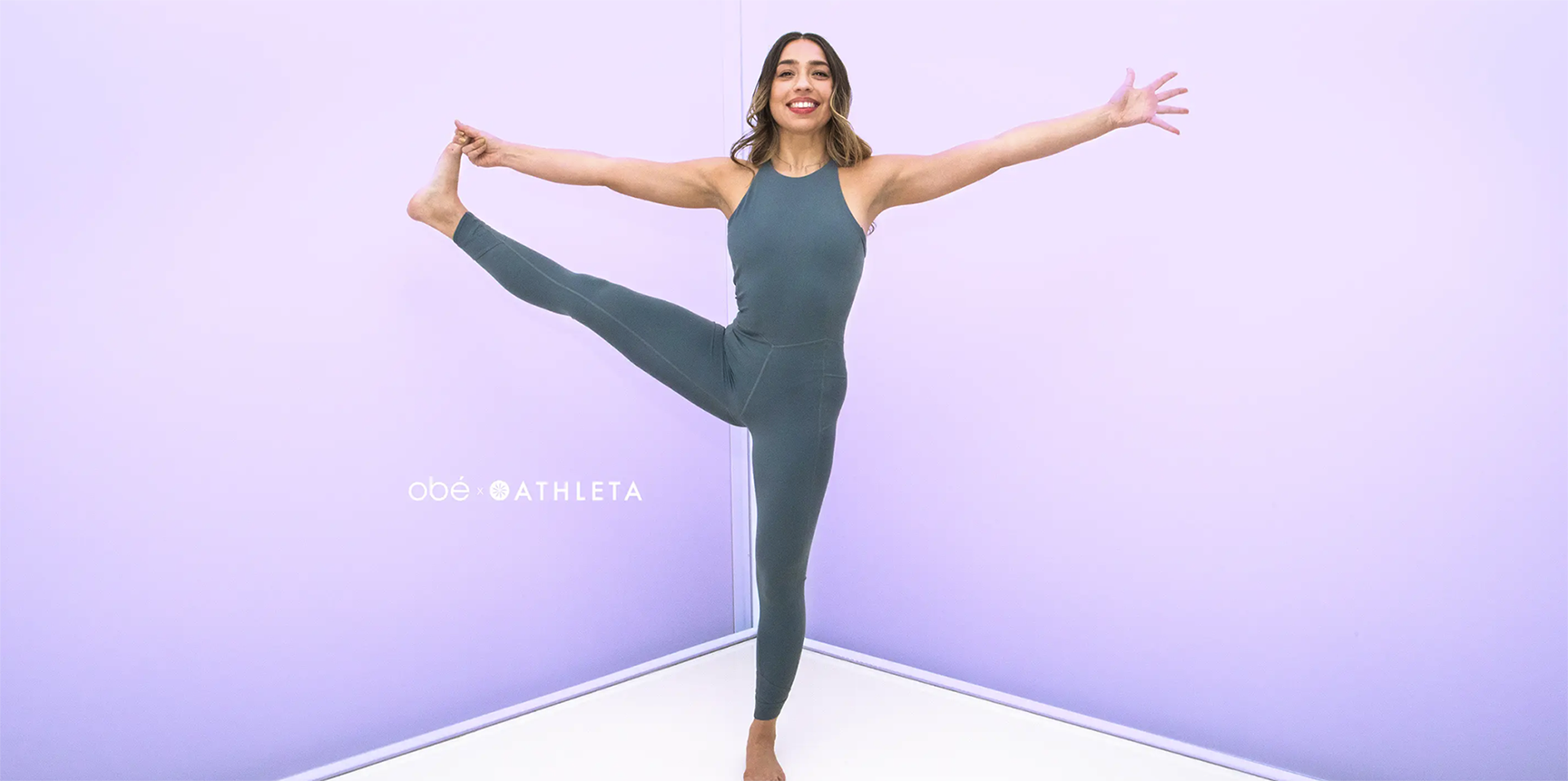

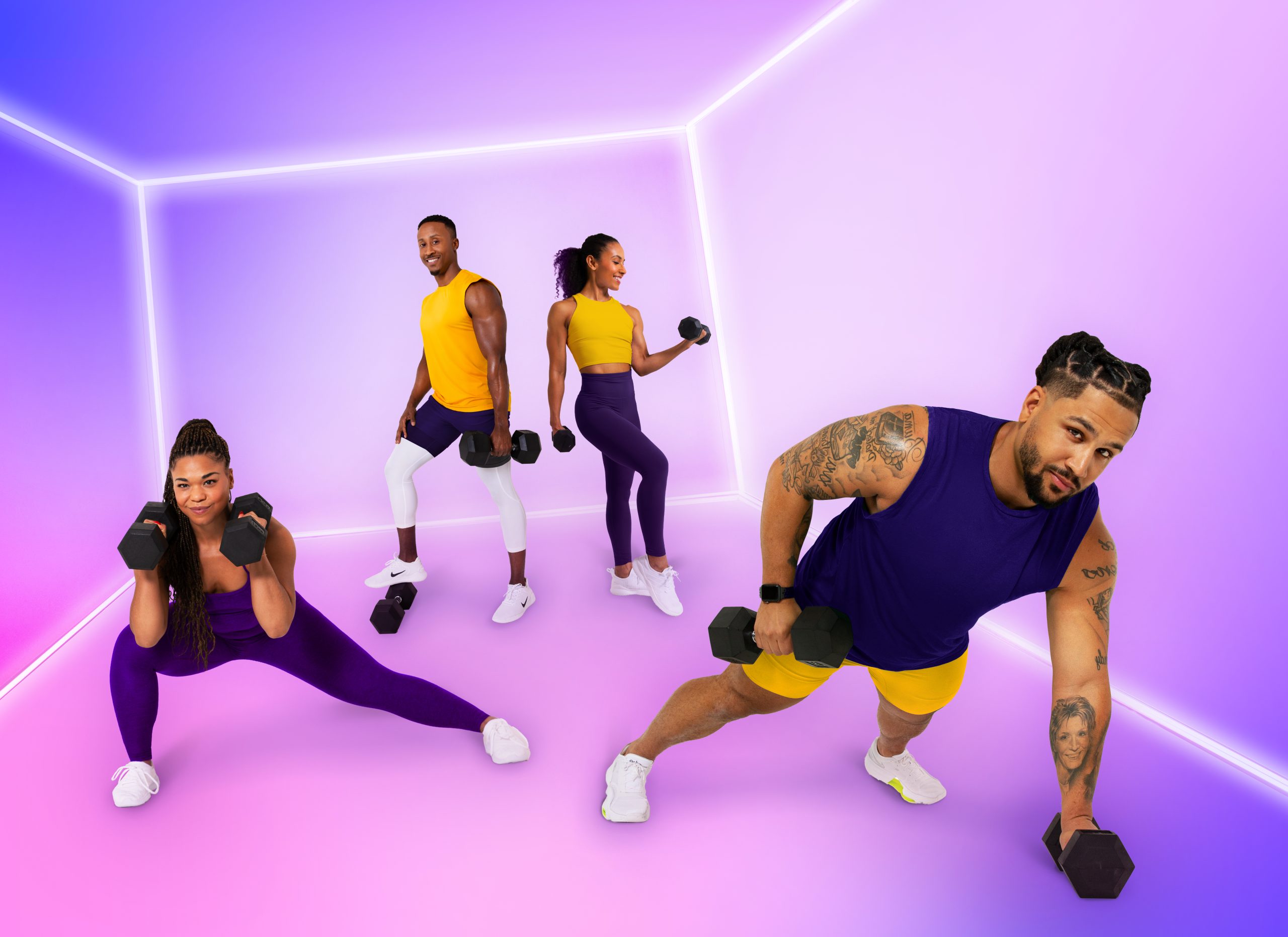
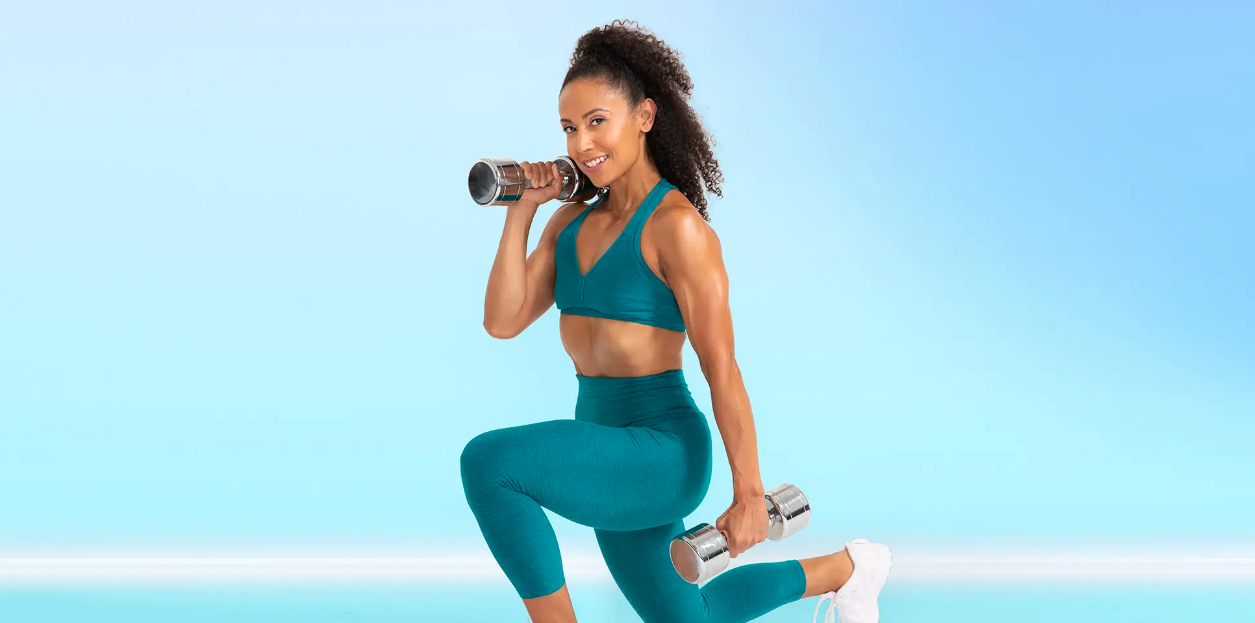
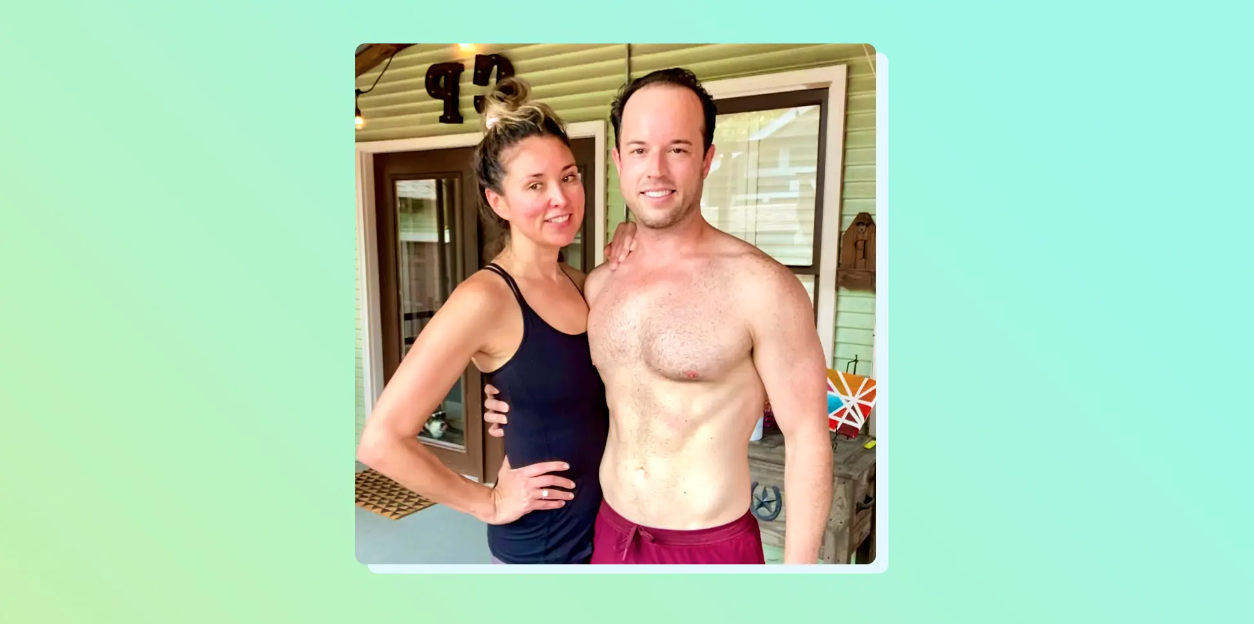
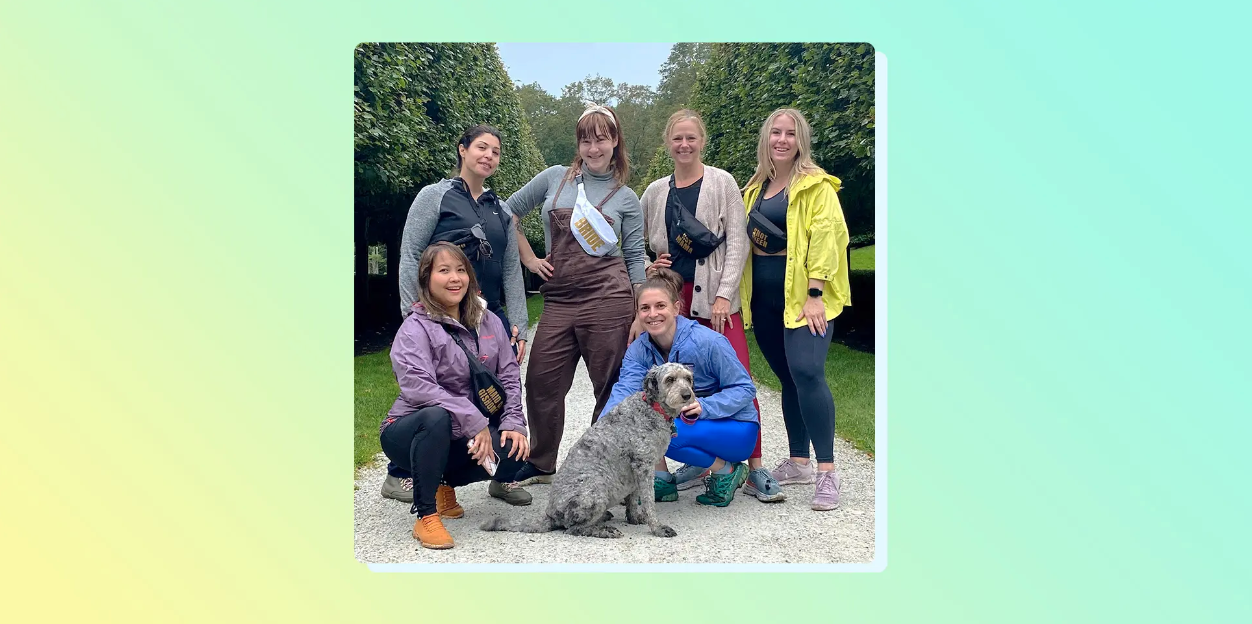


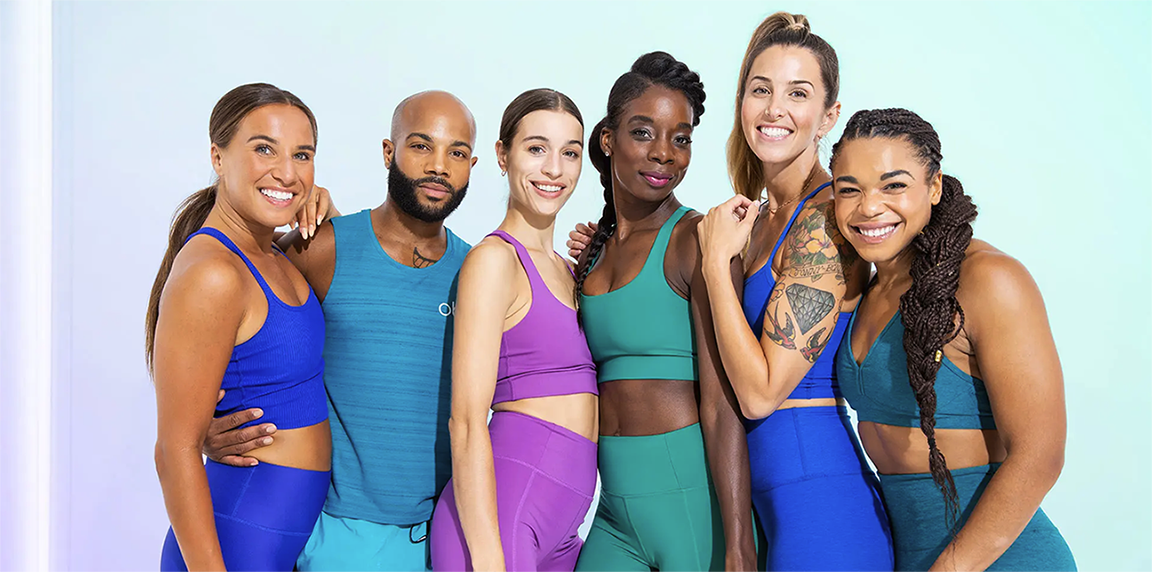




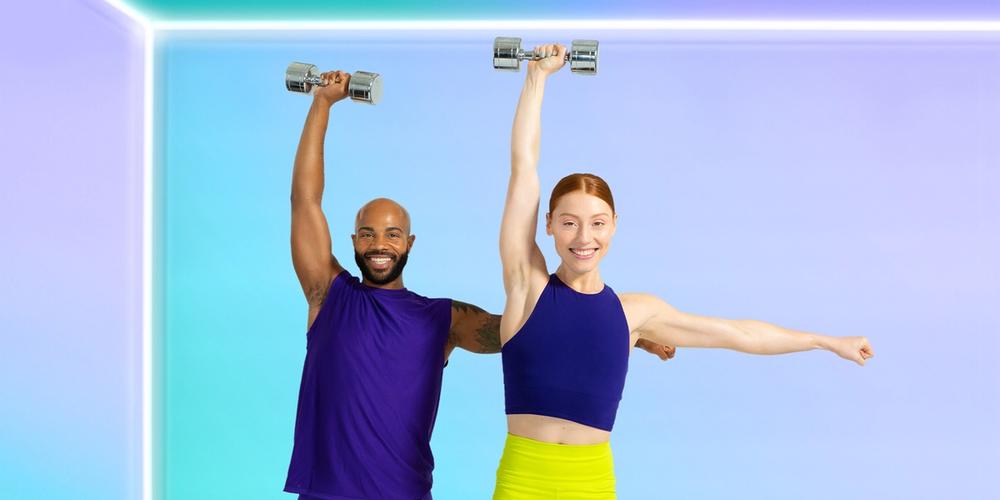

Leave a Reply